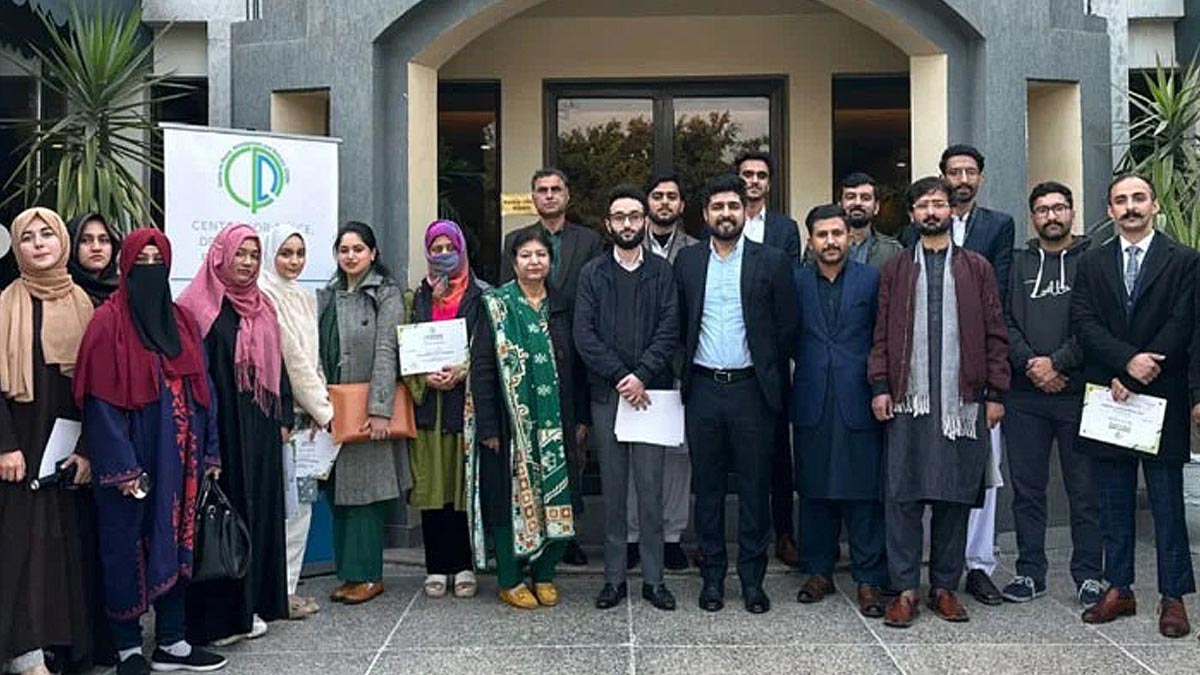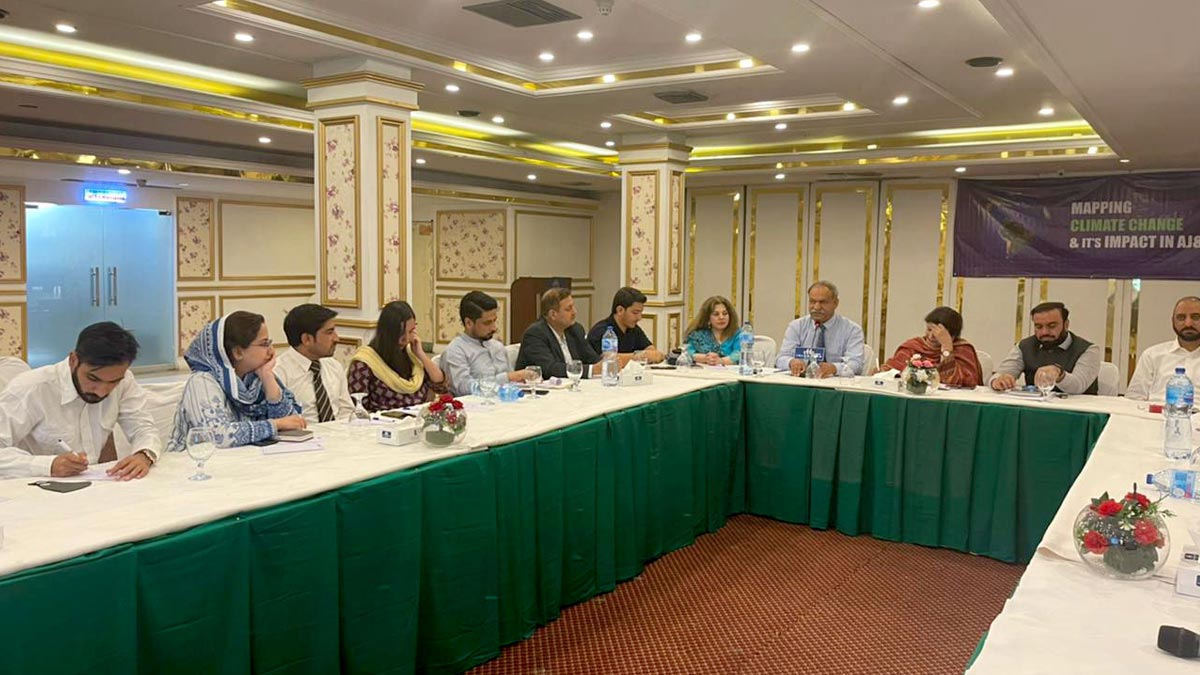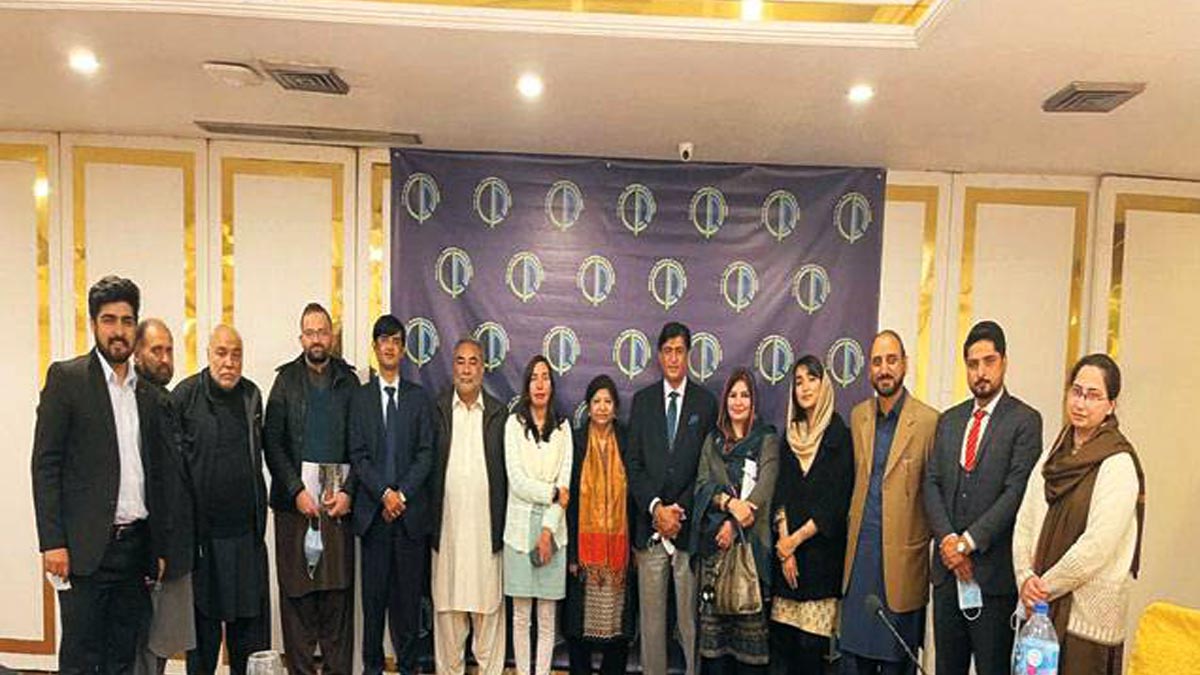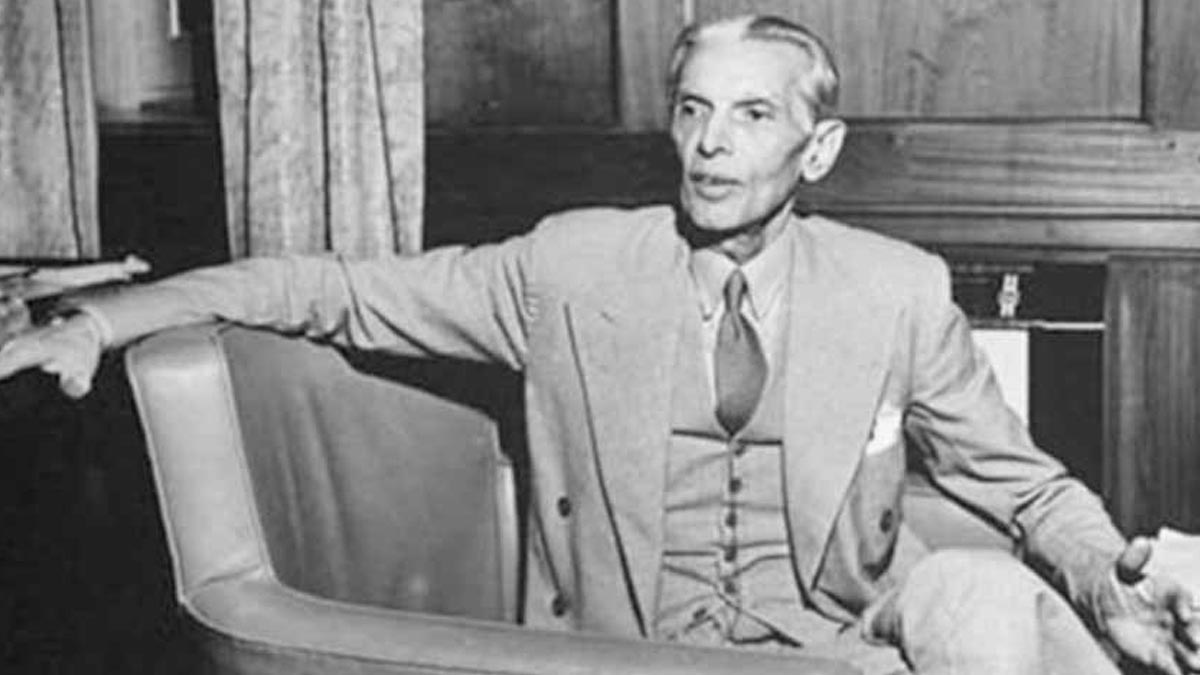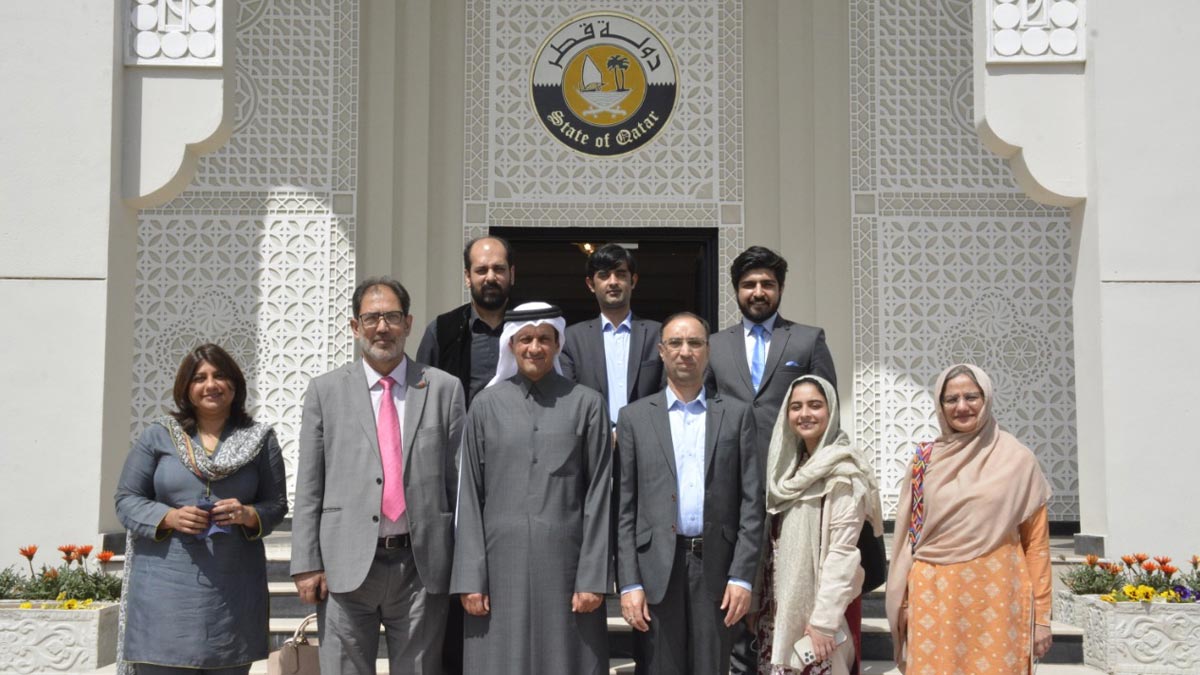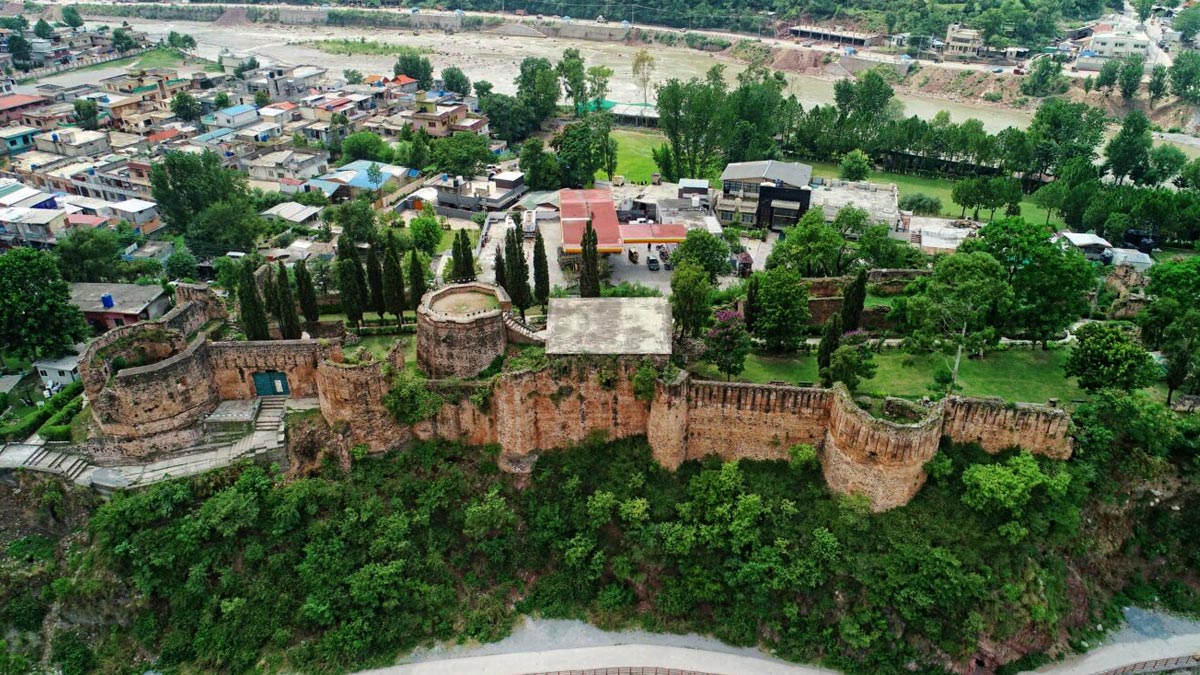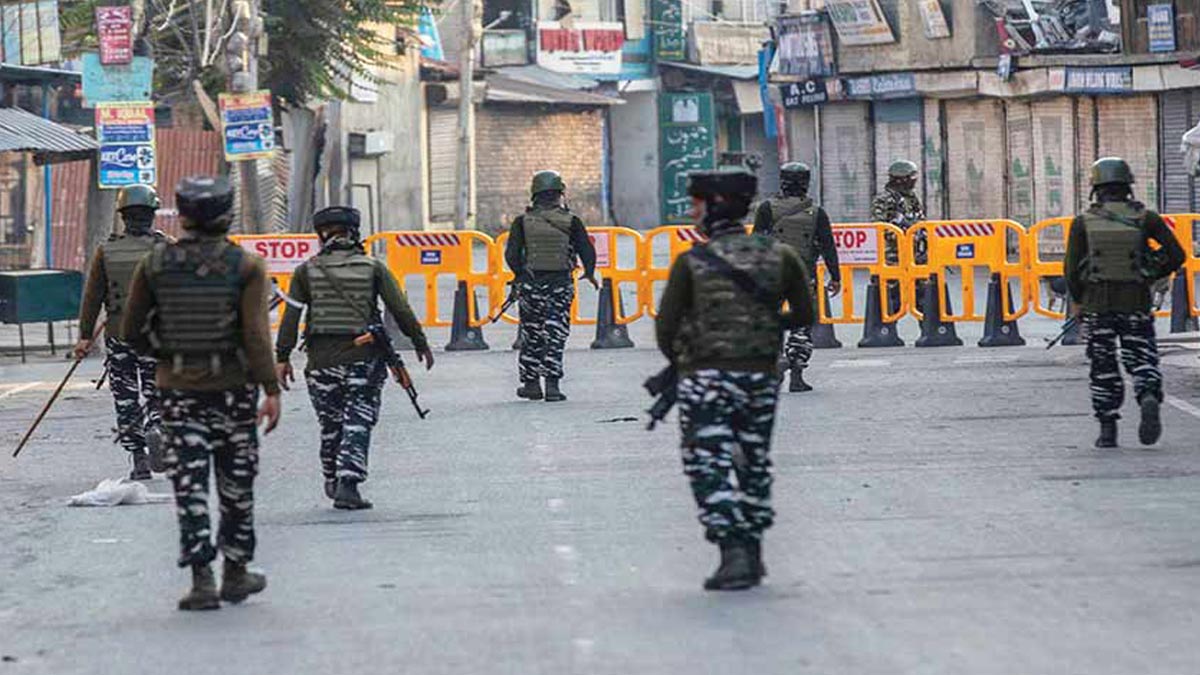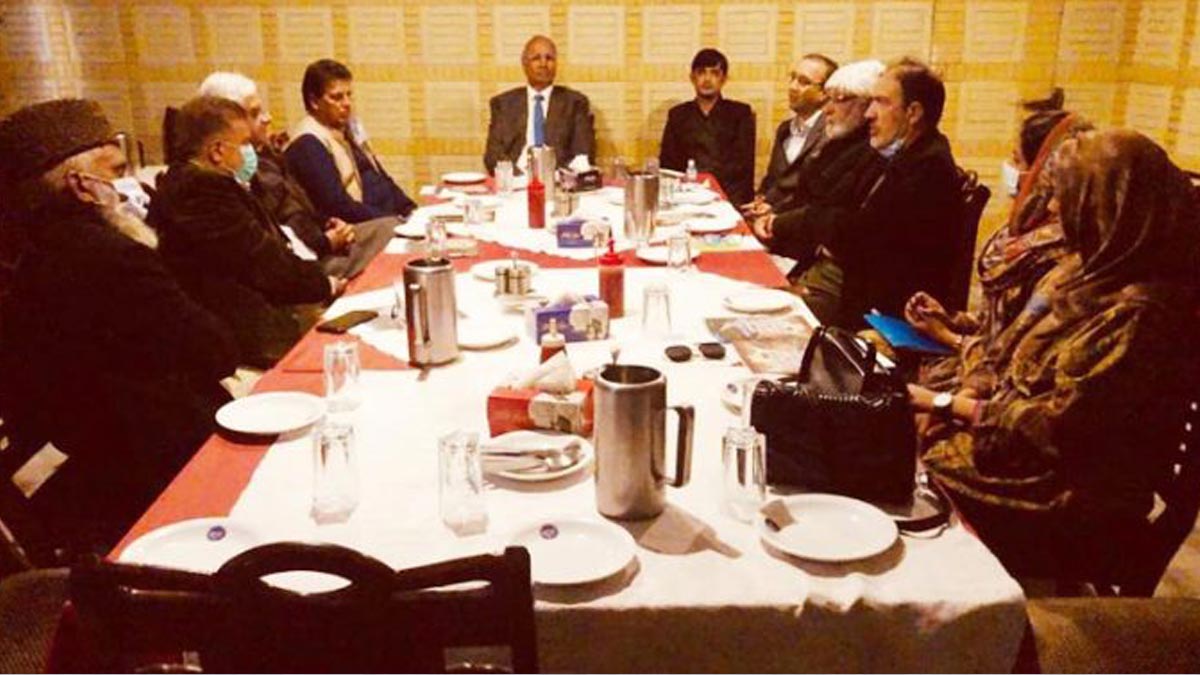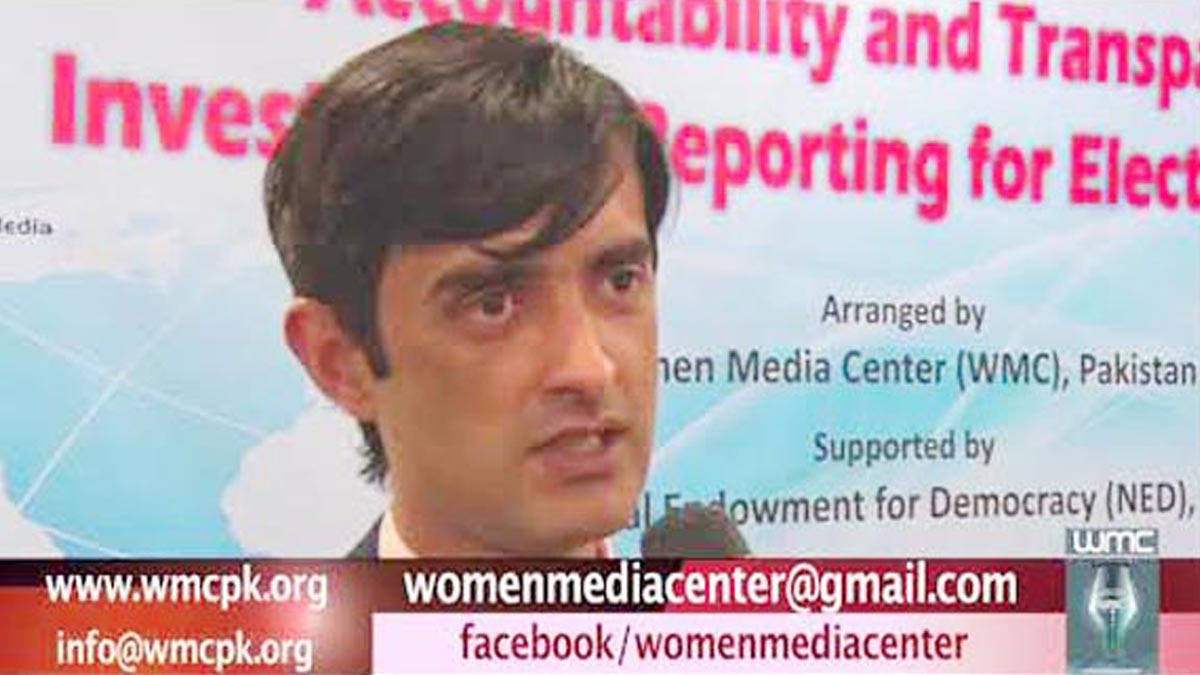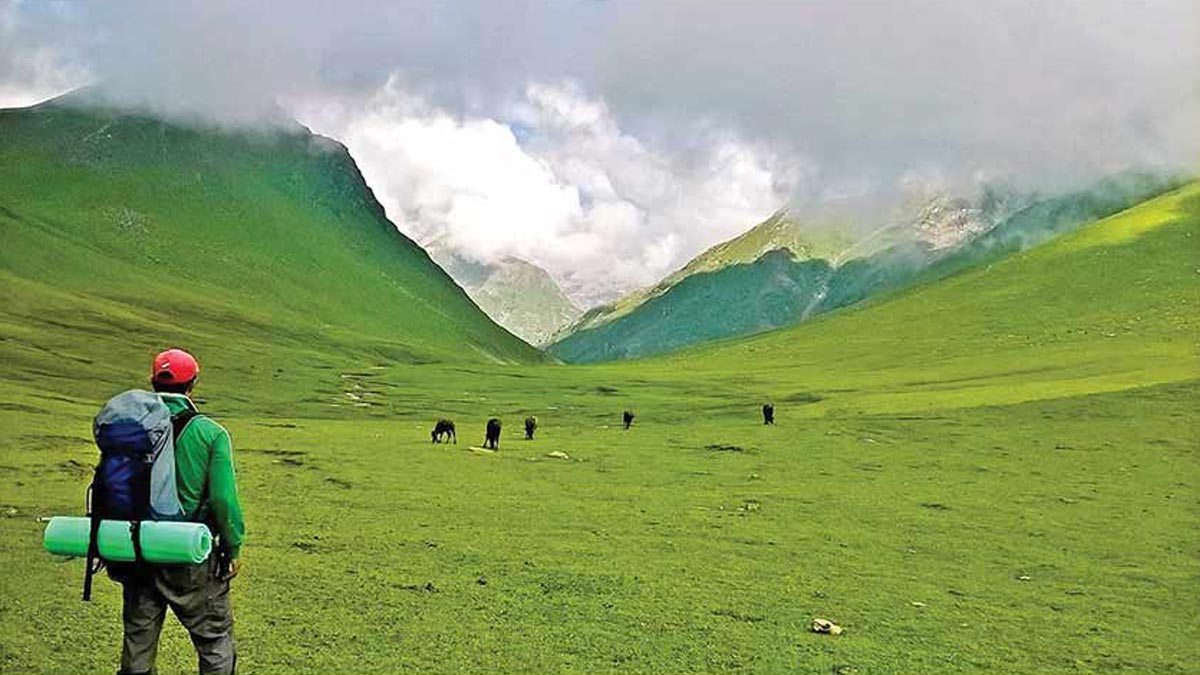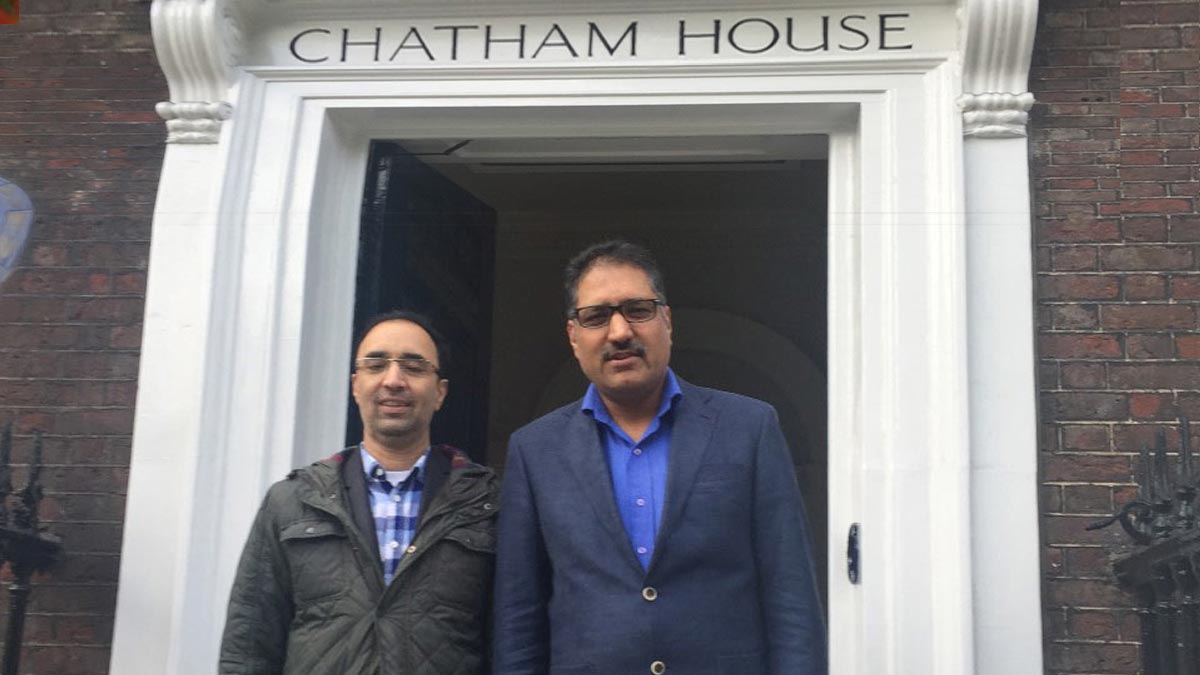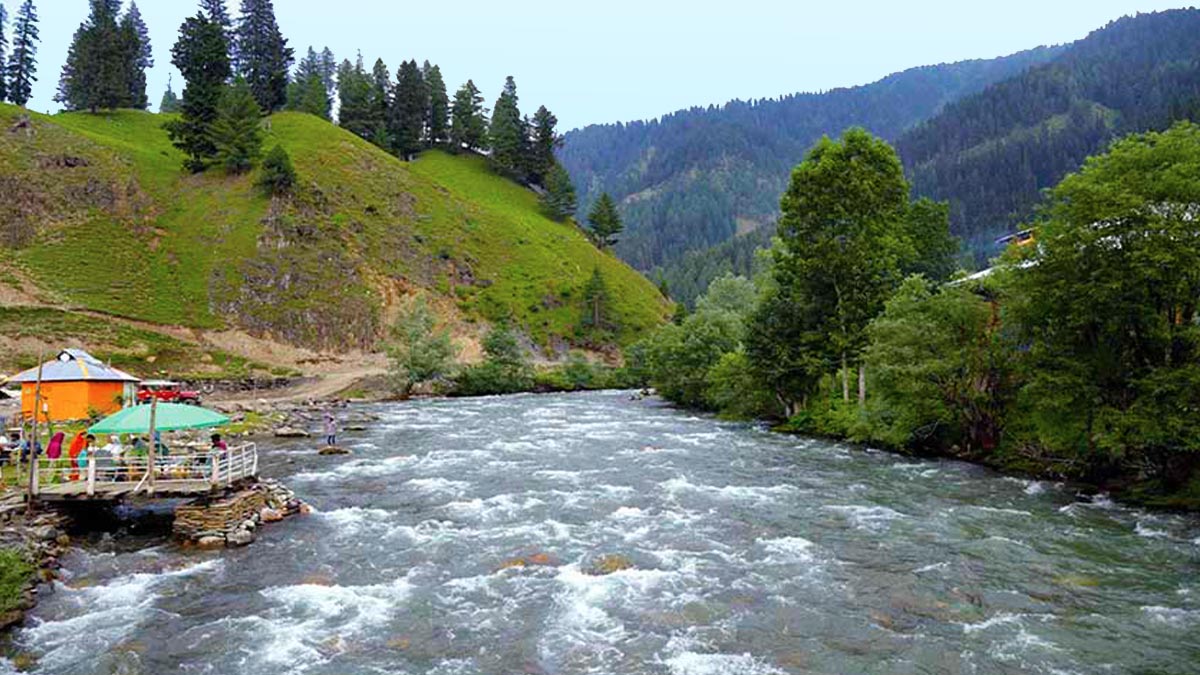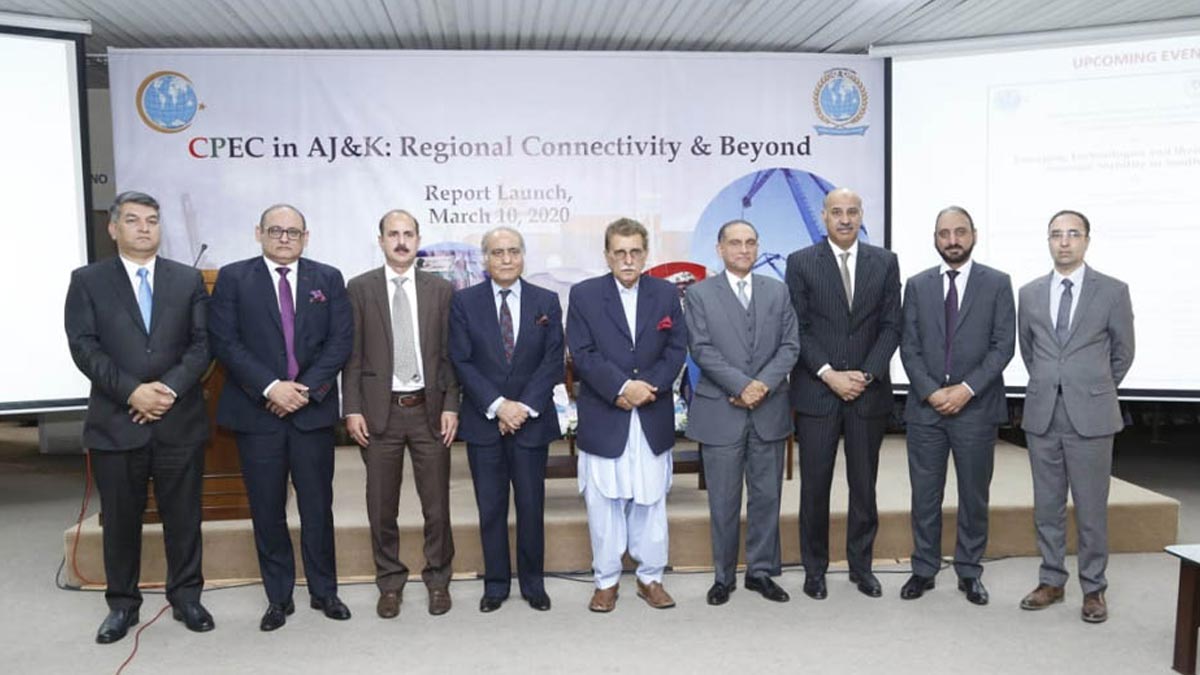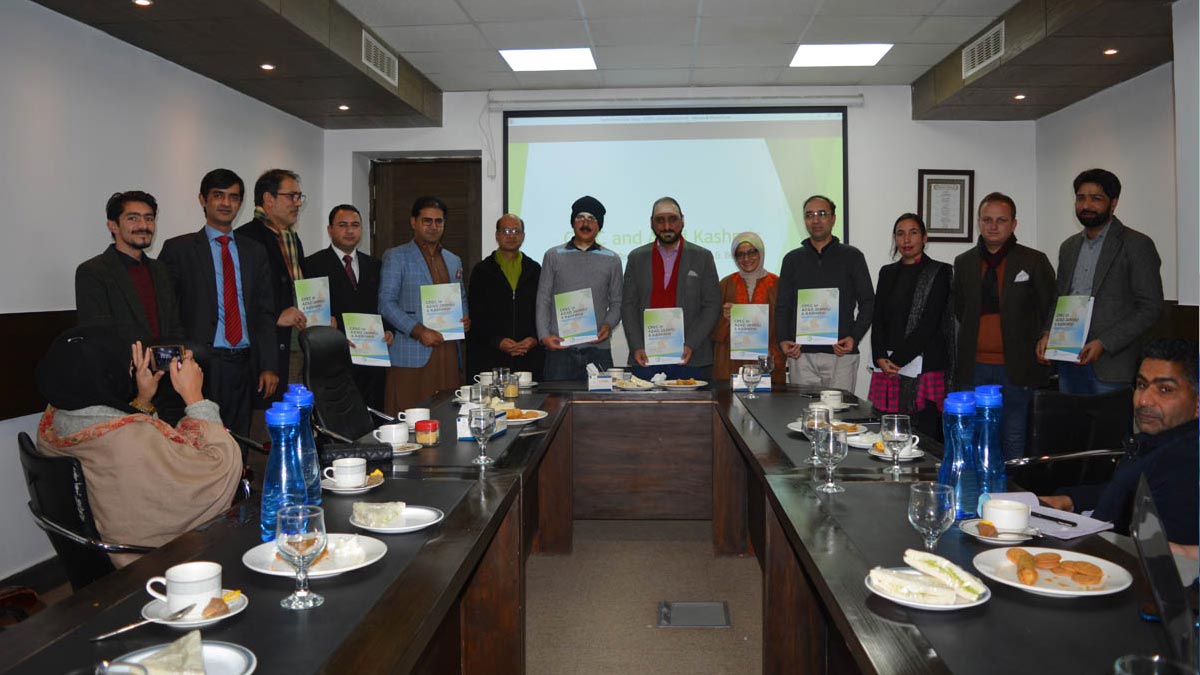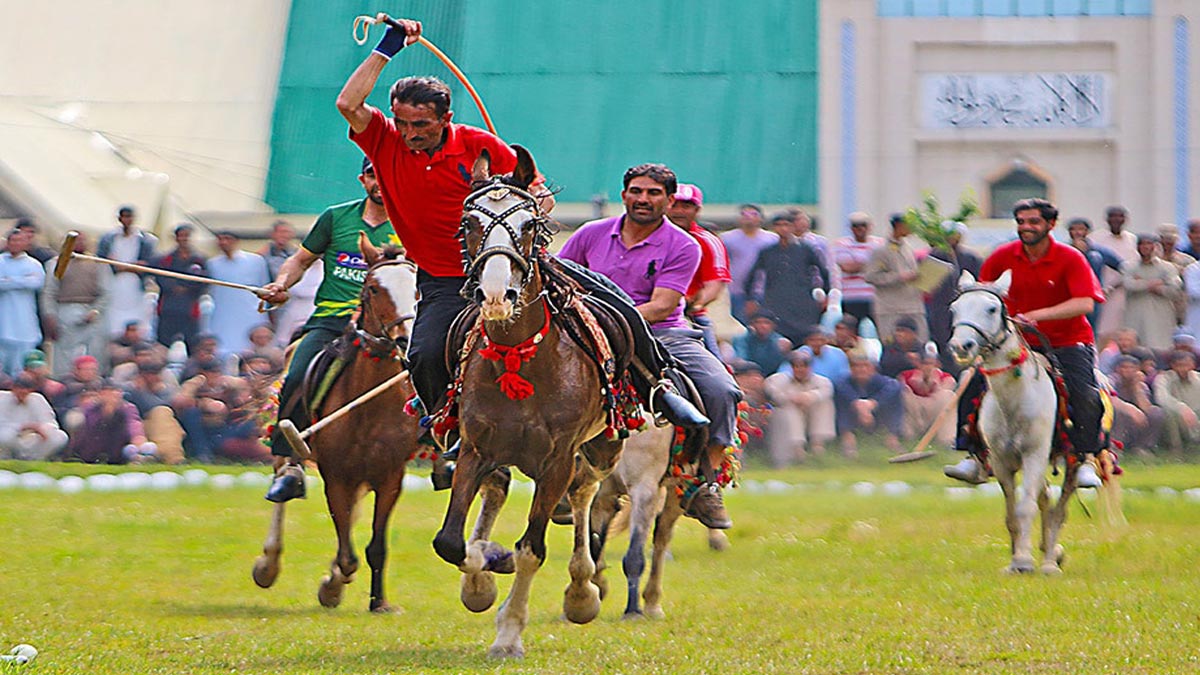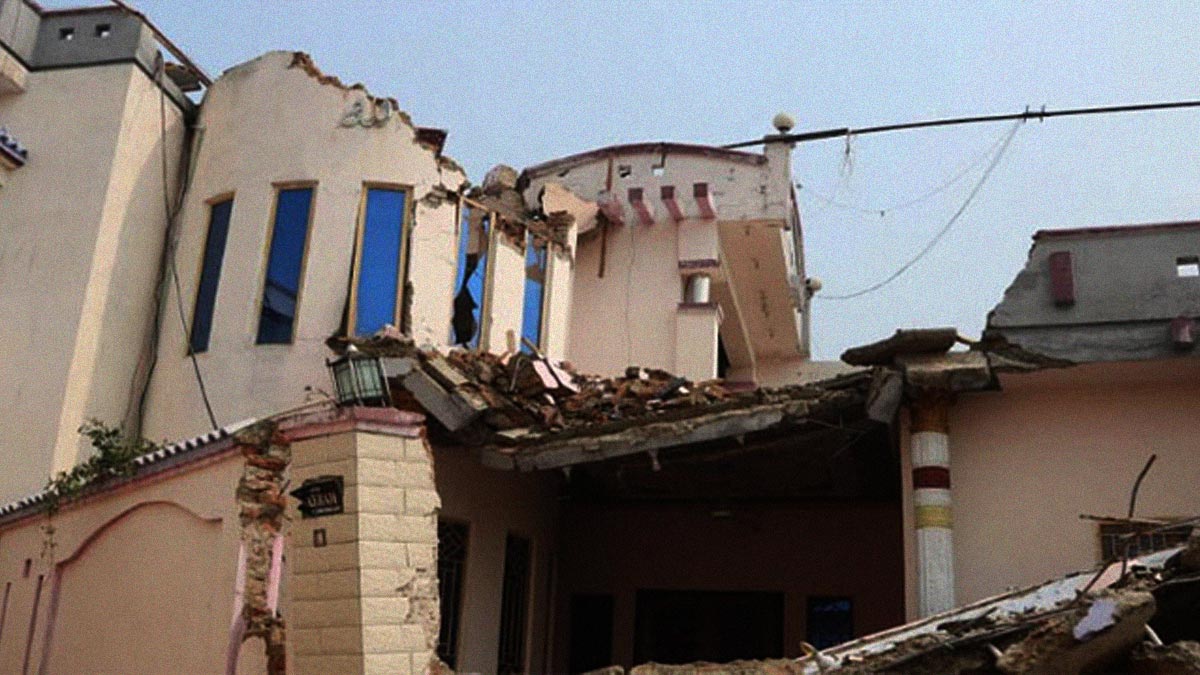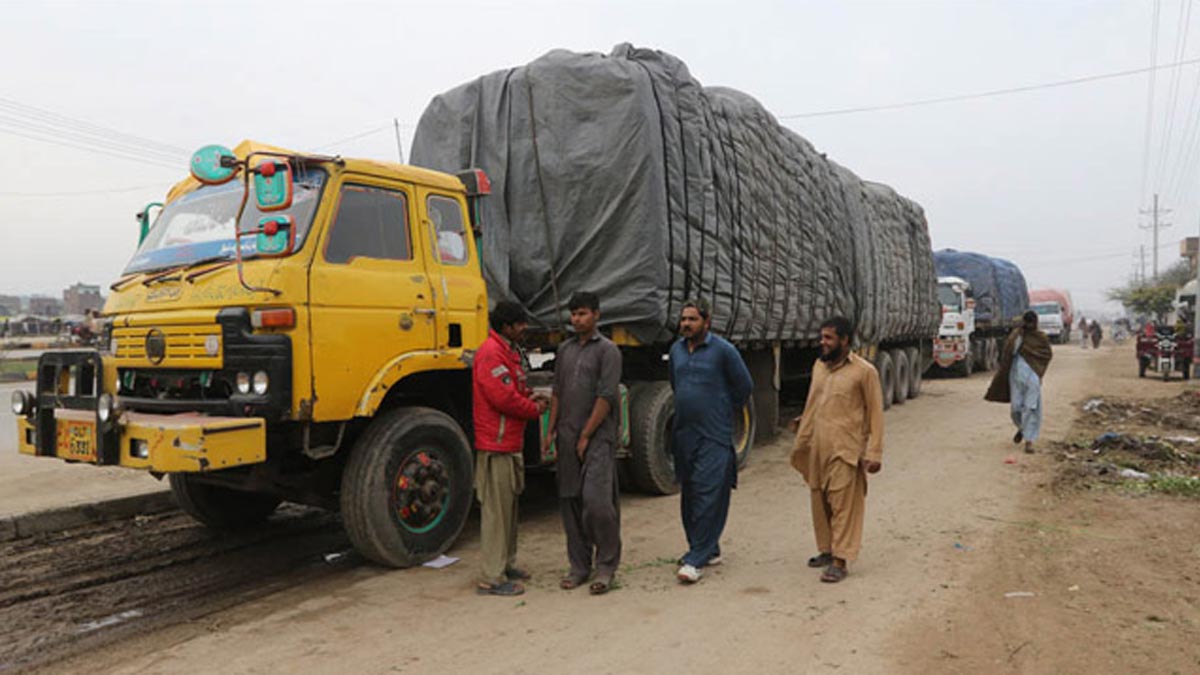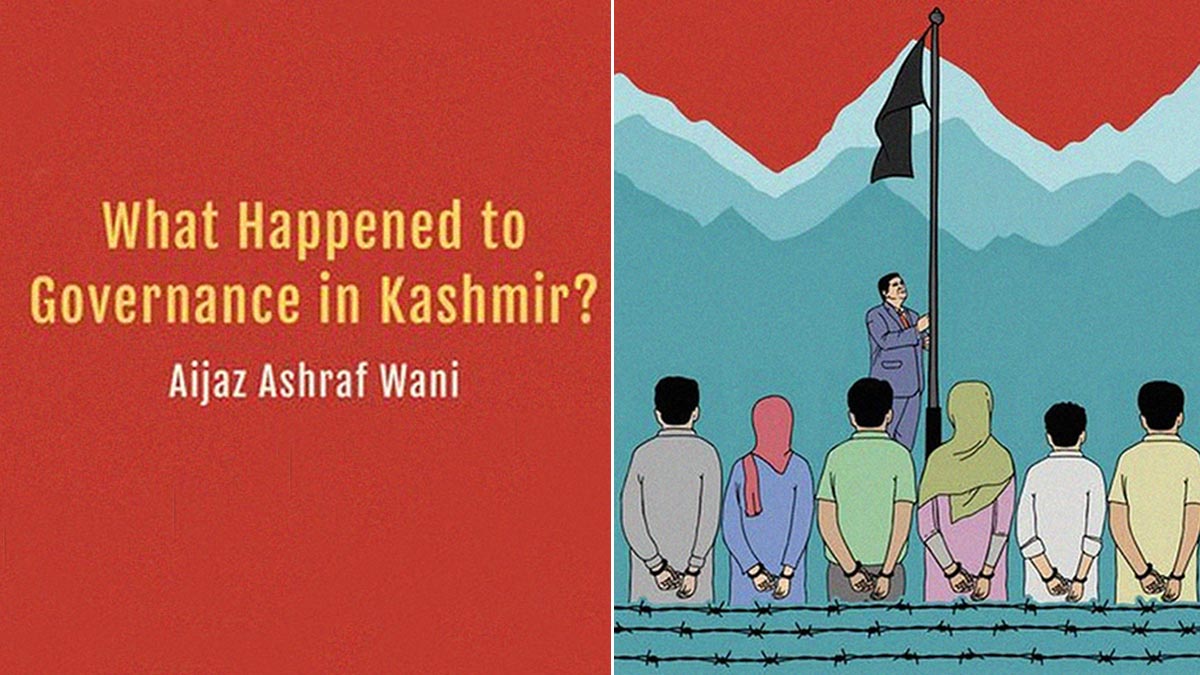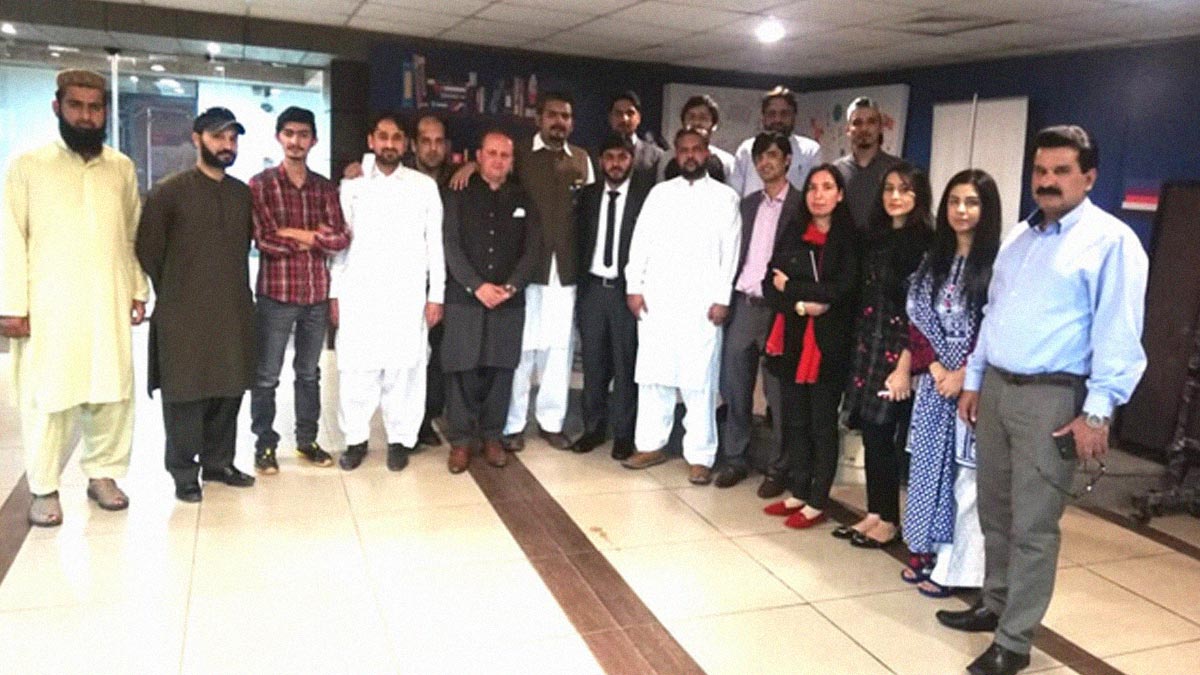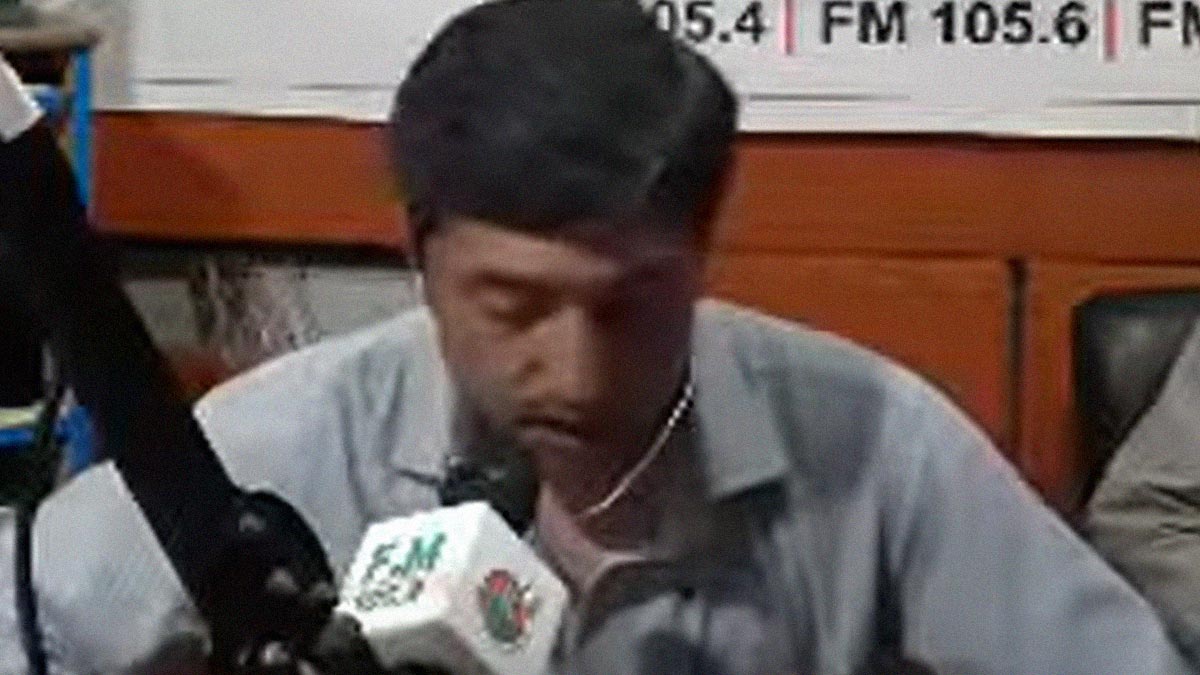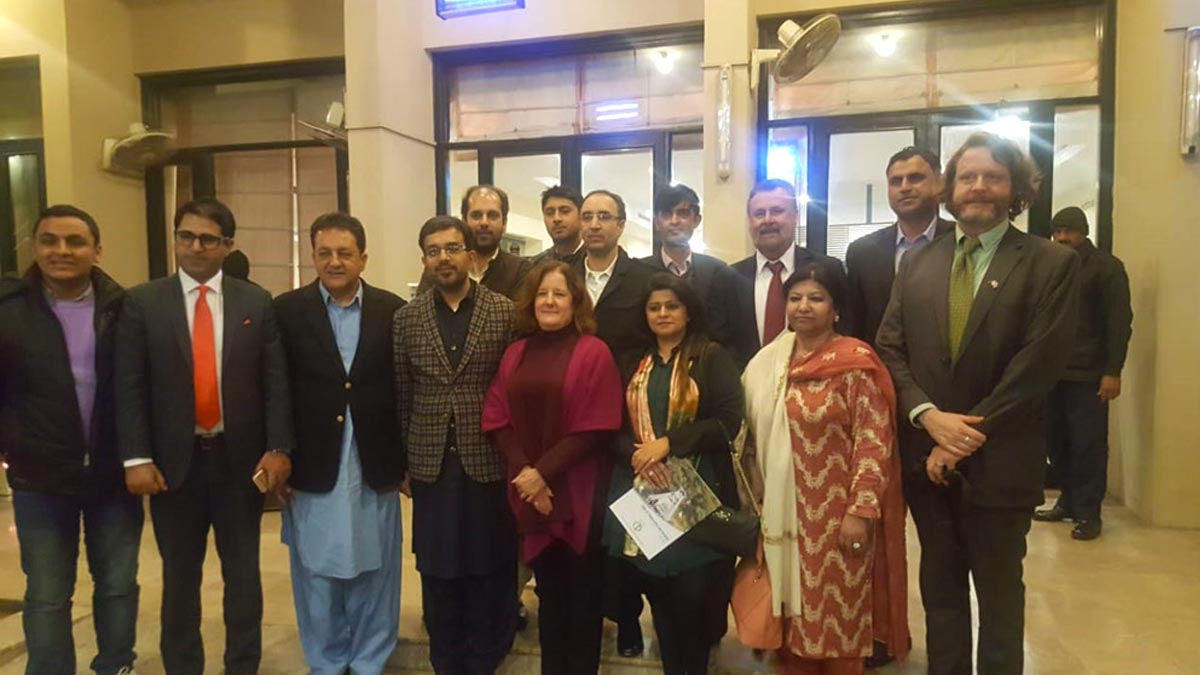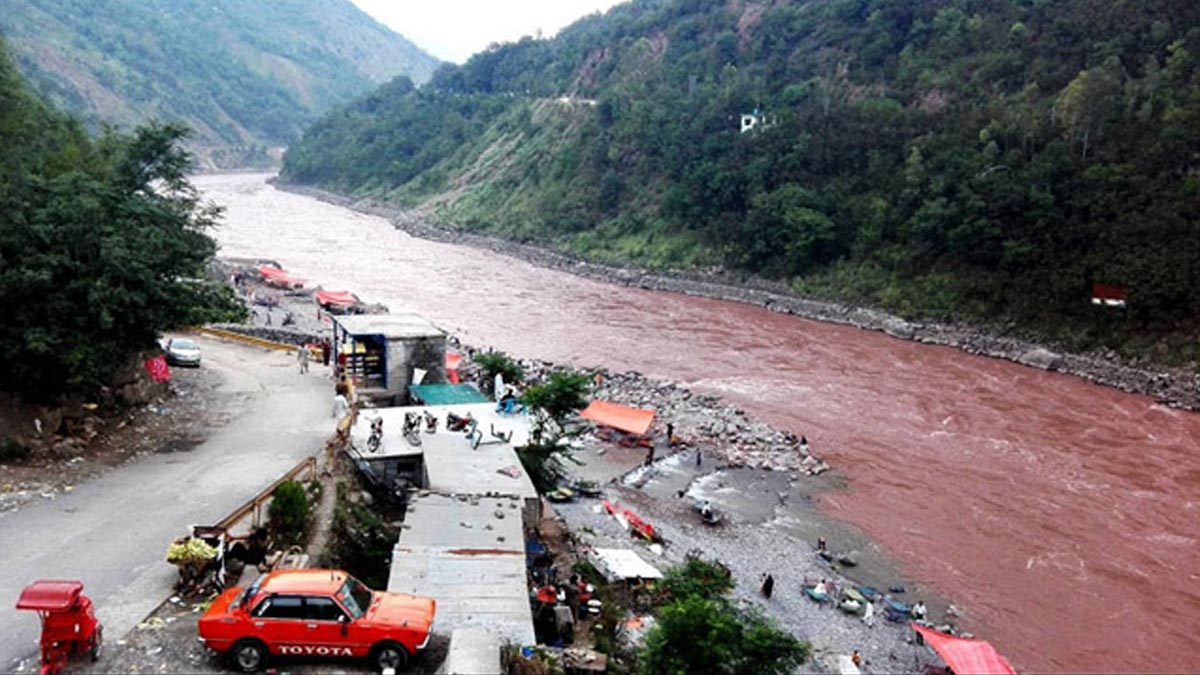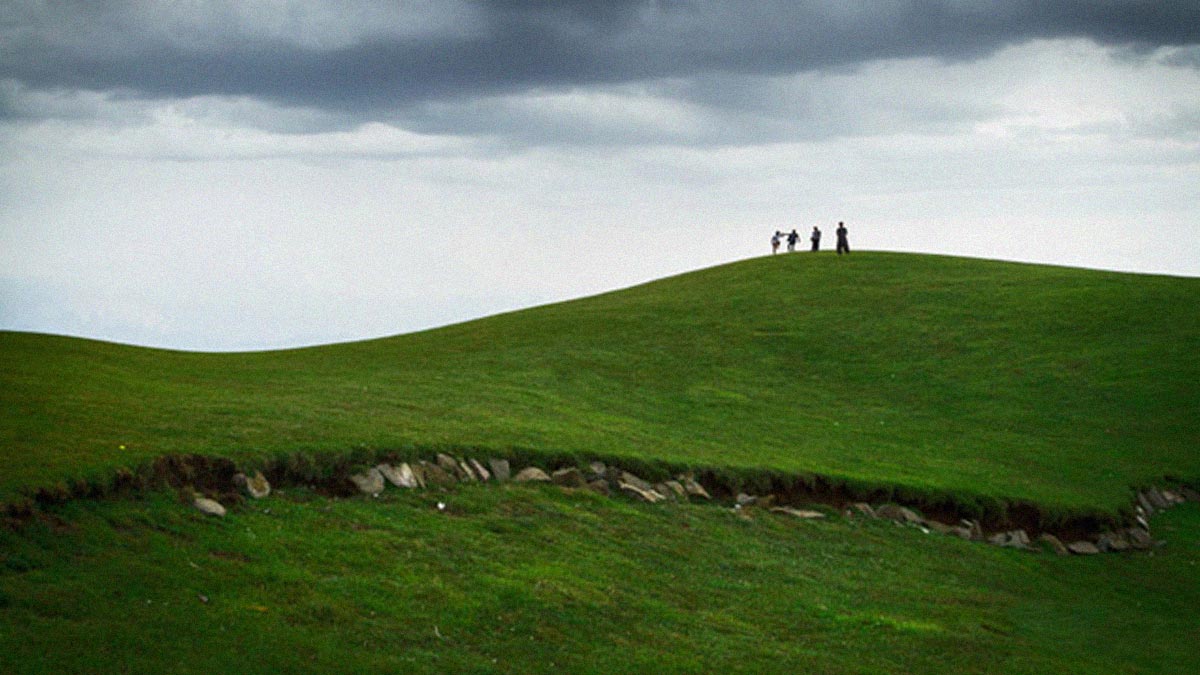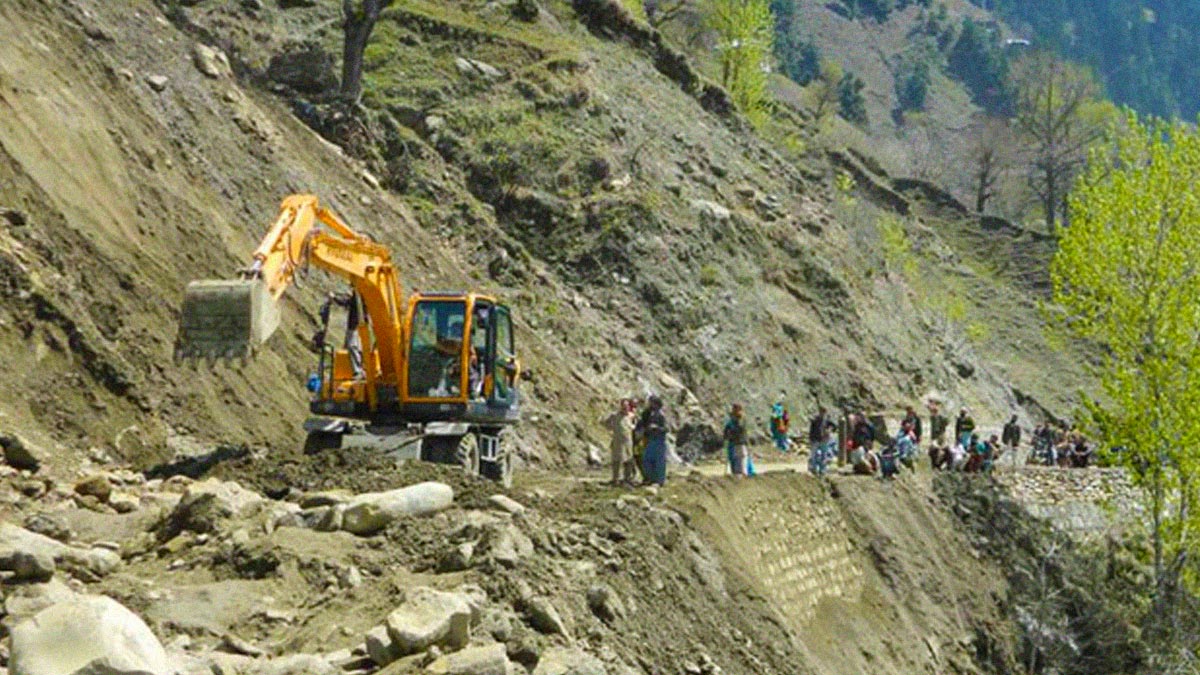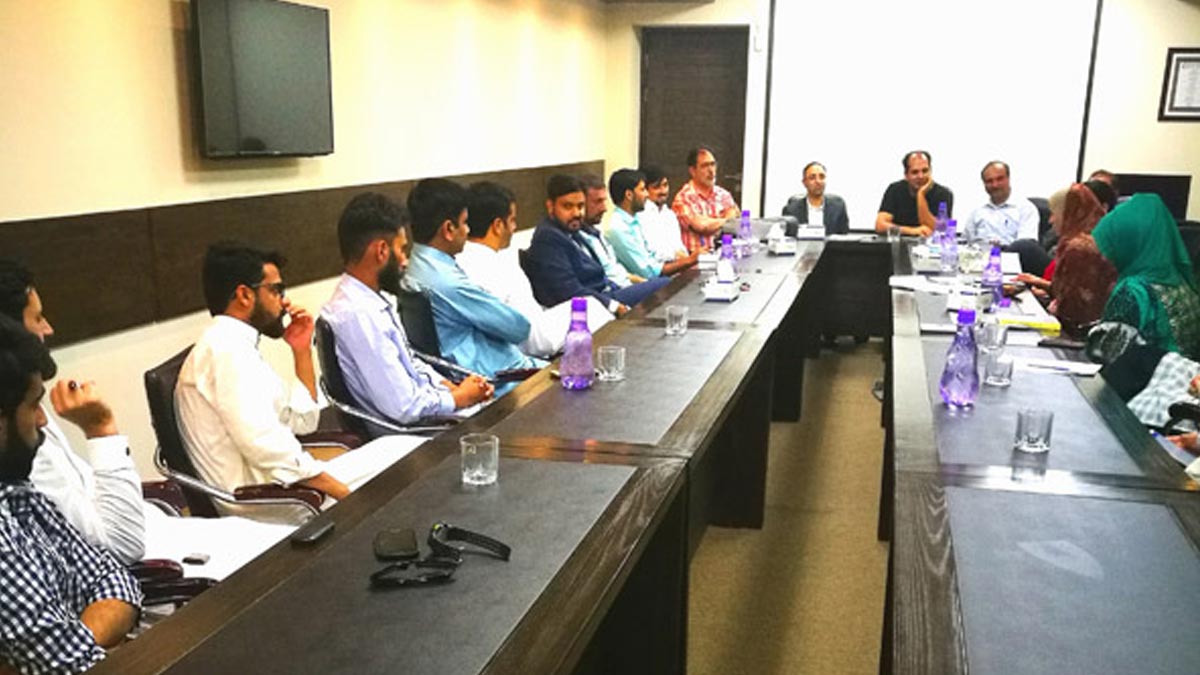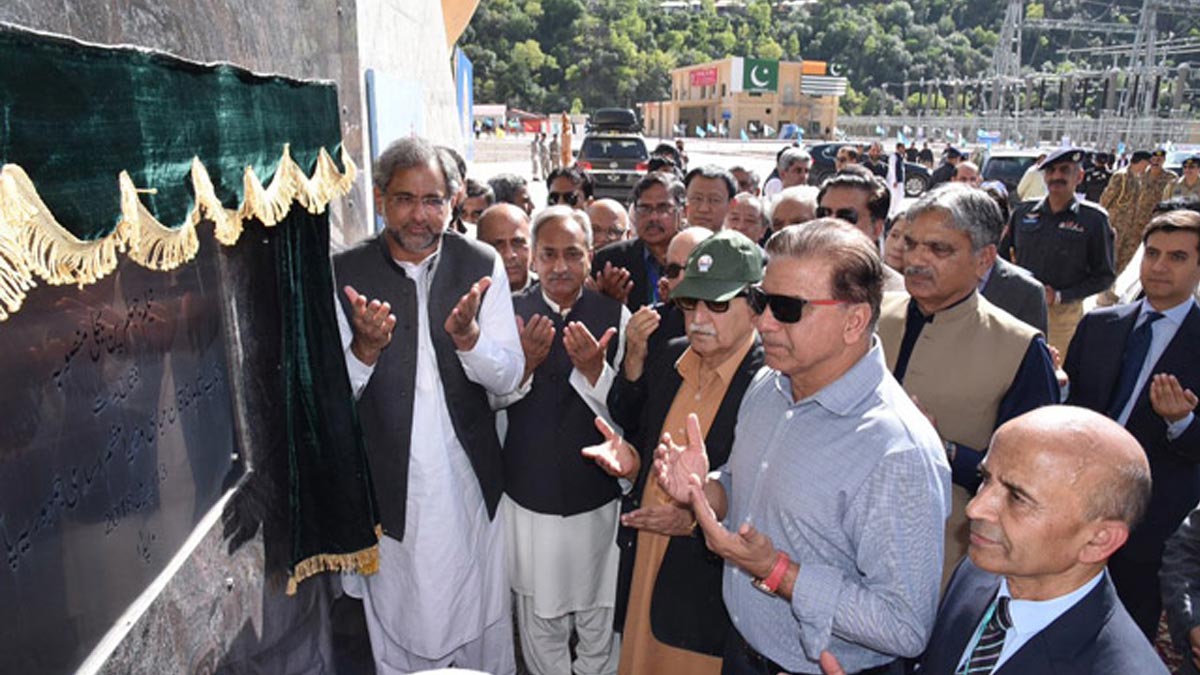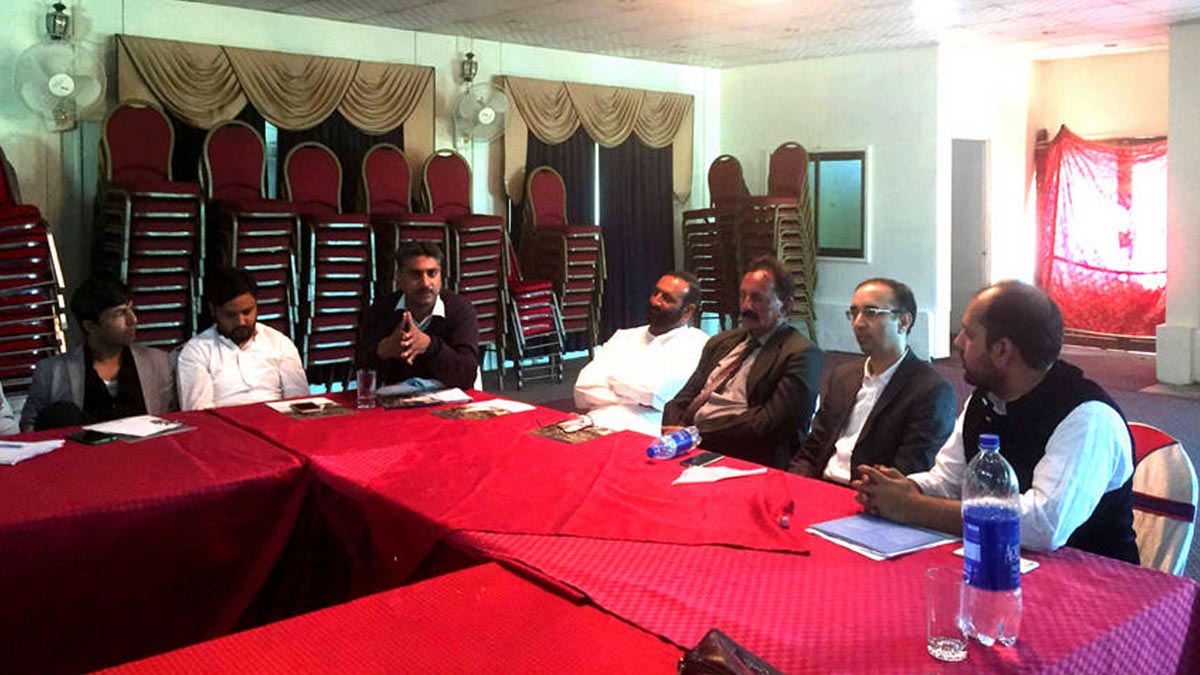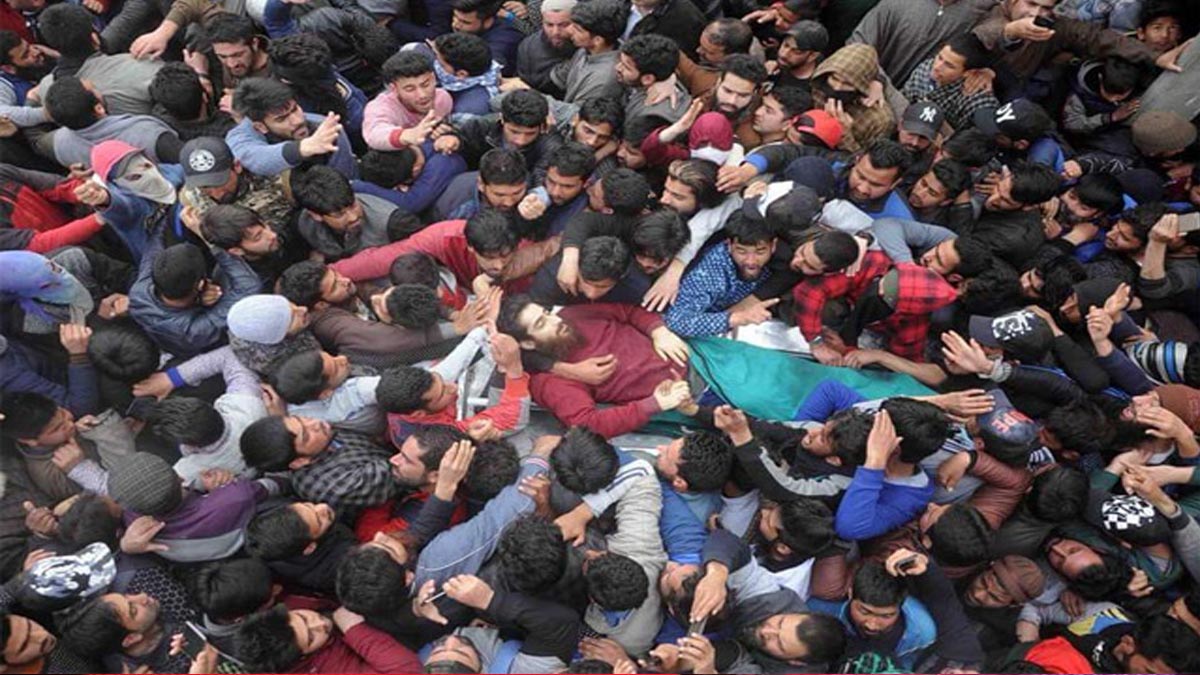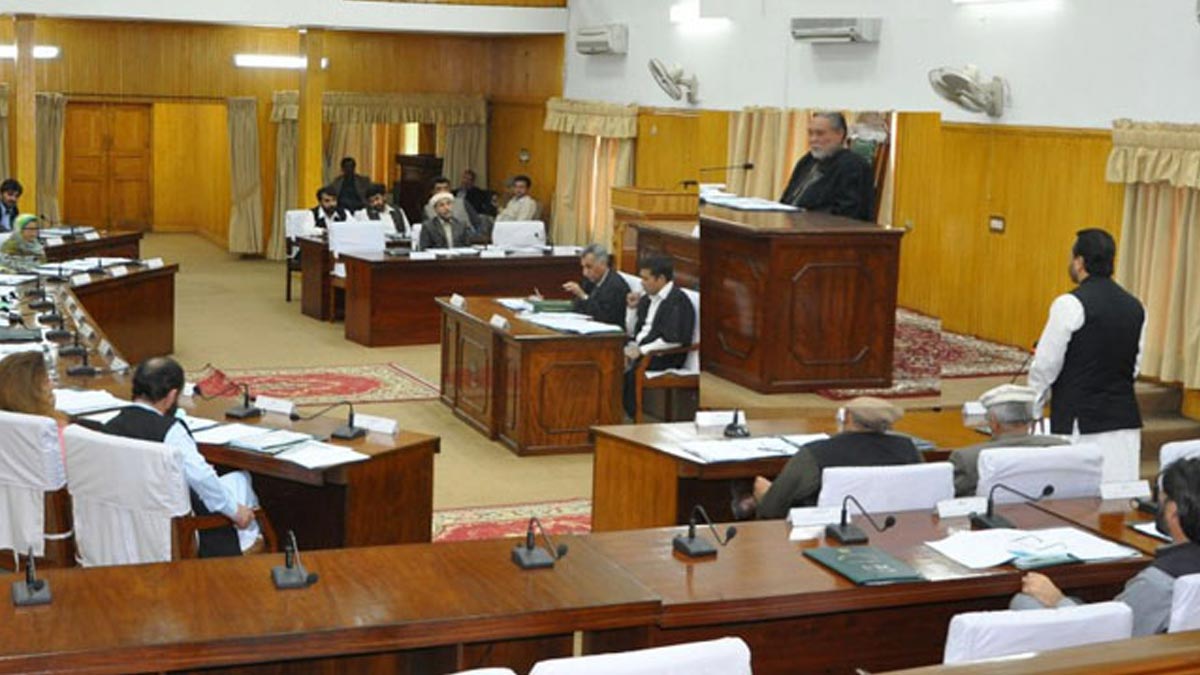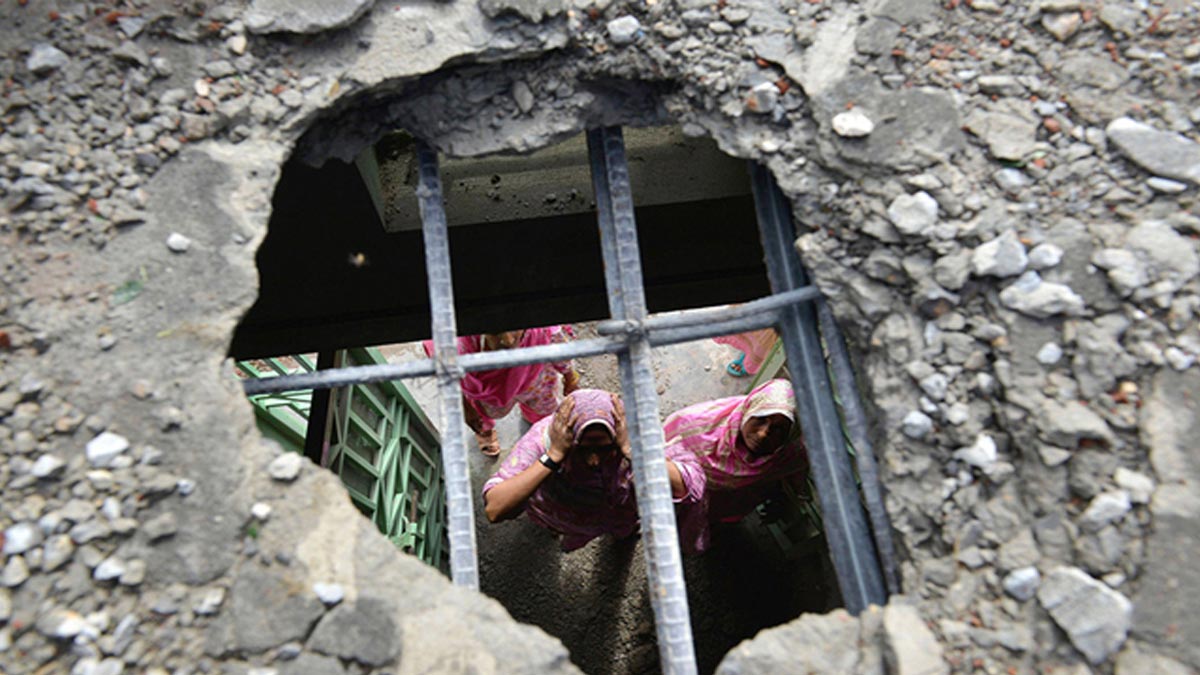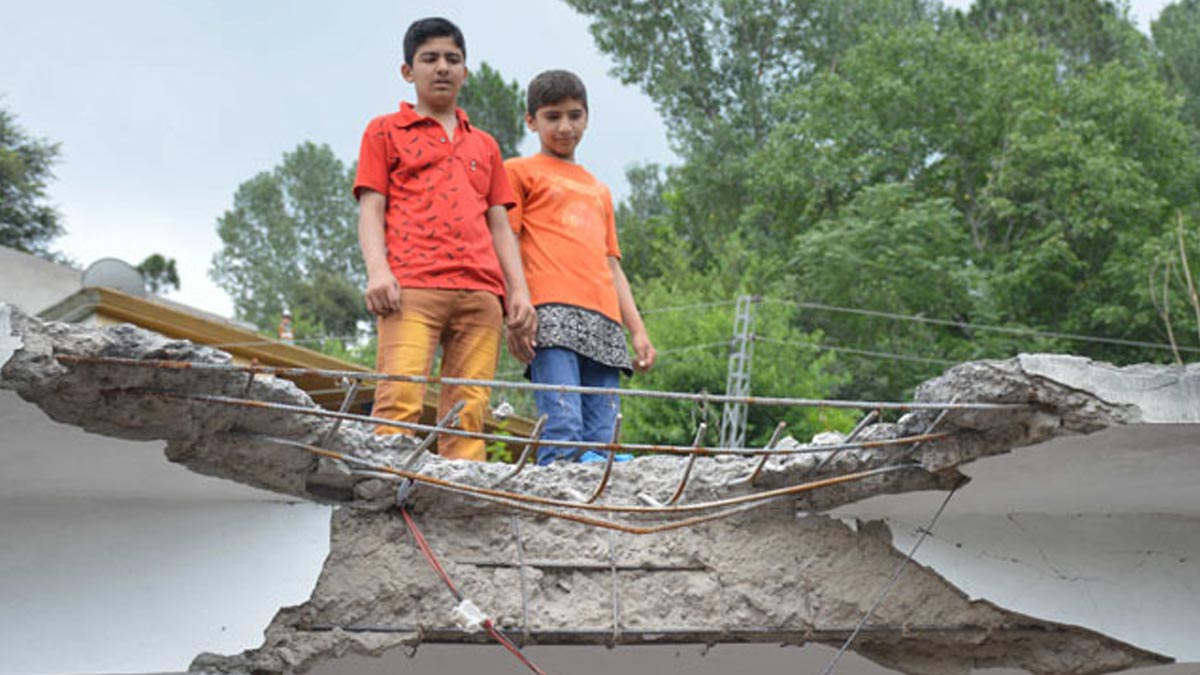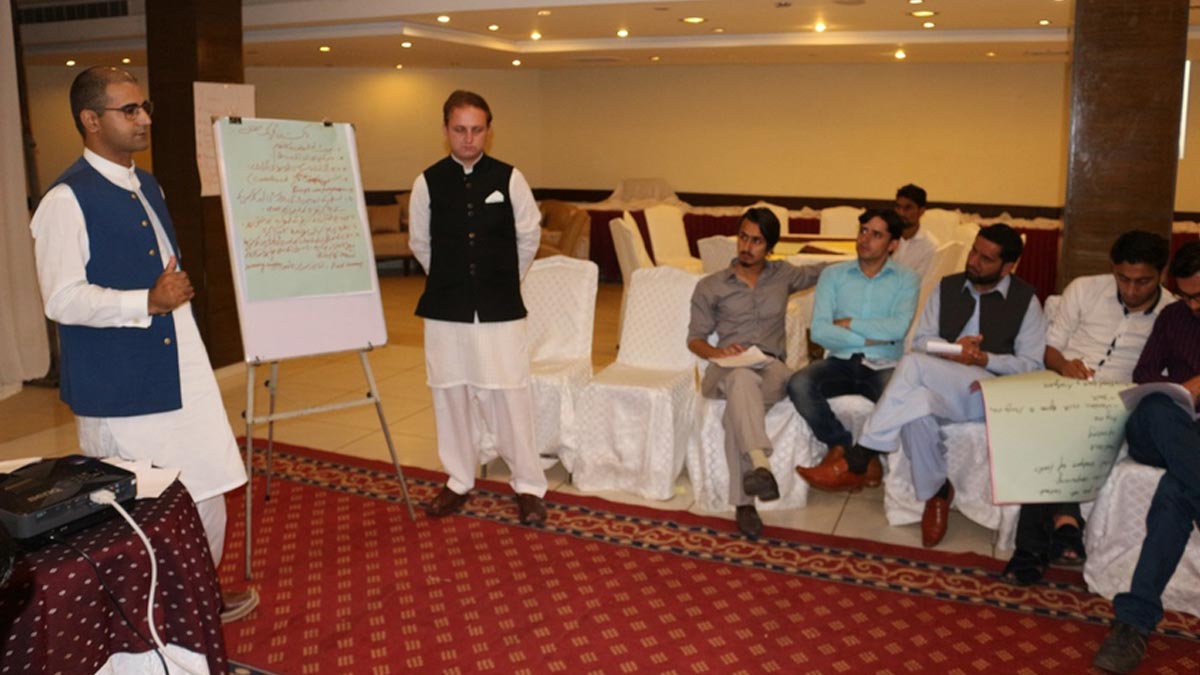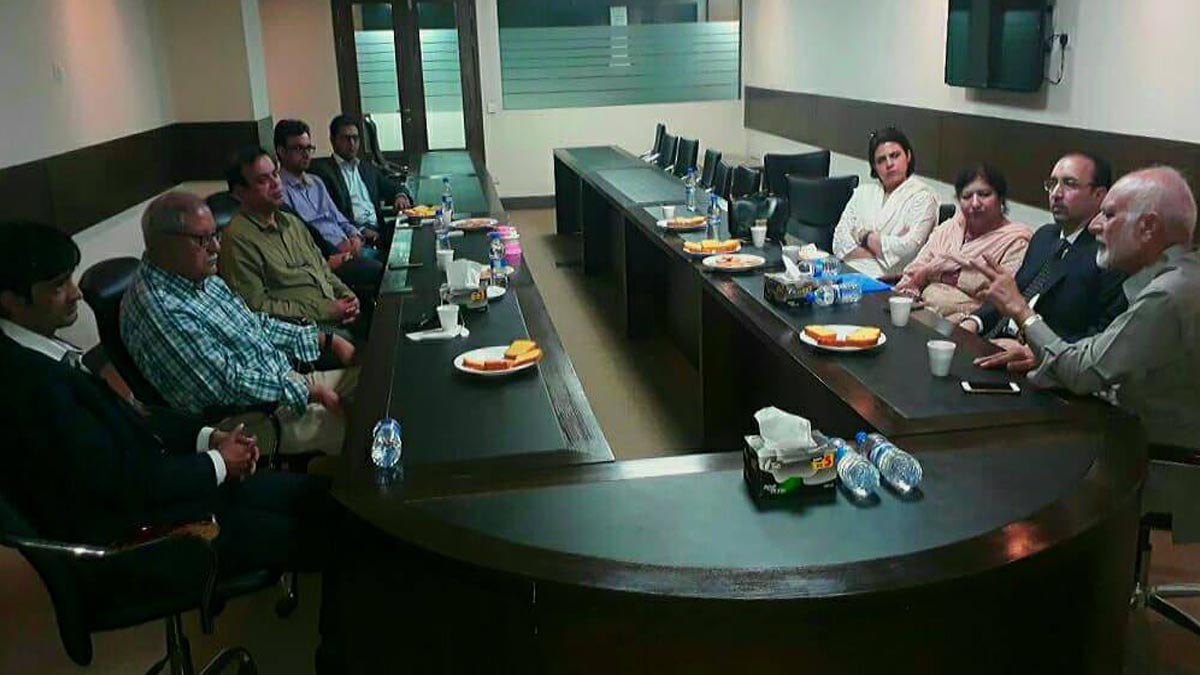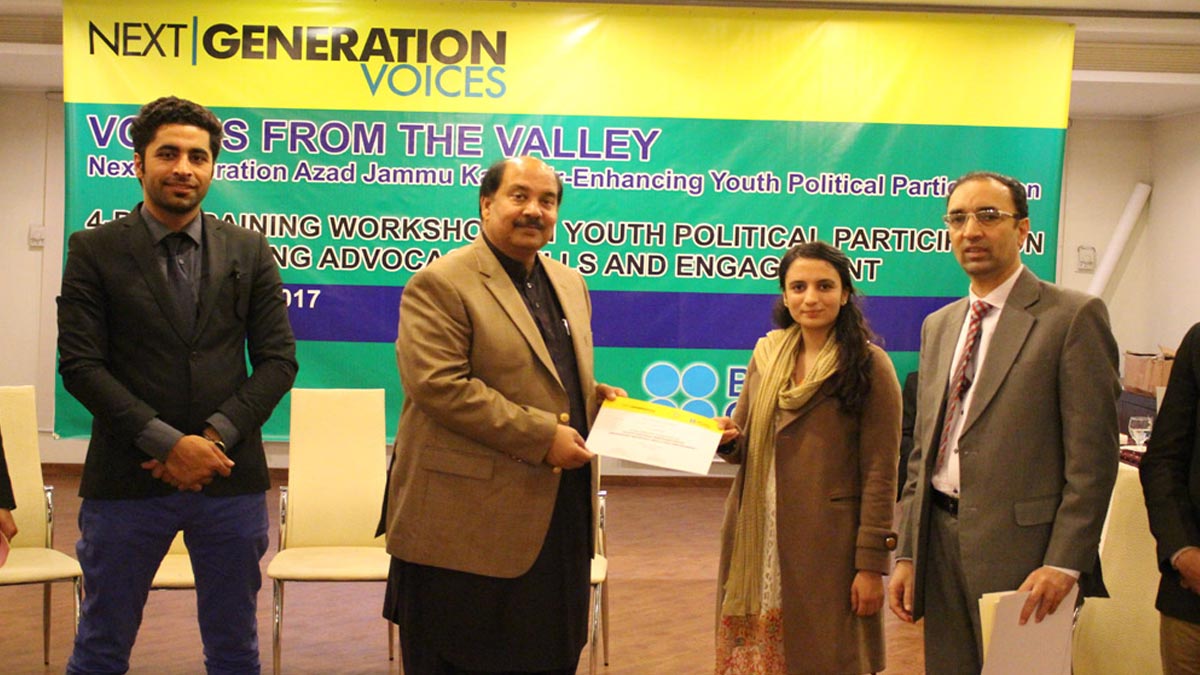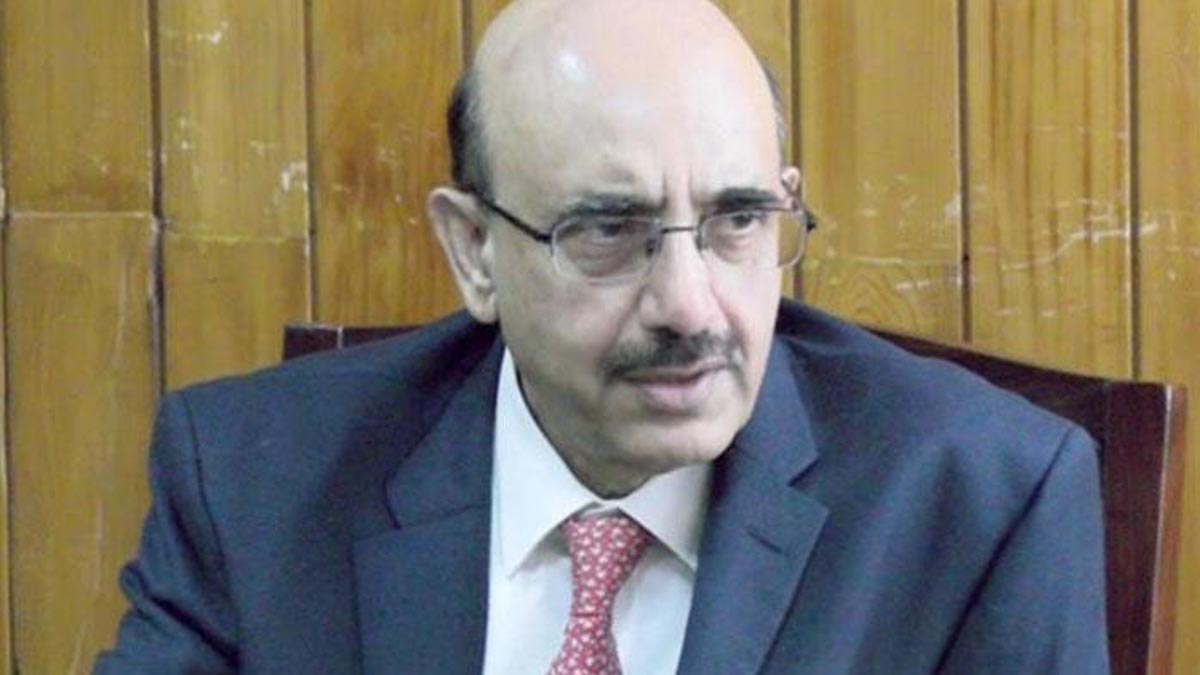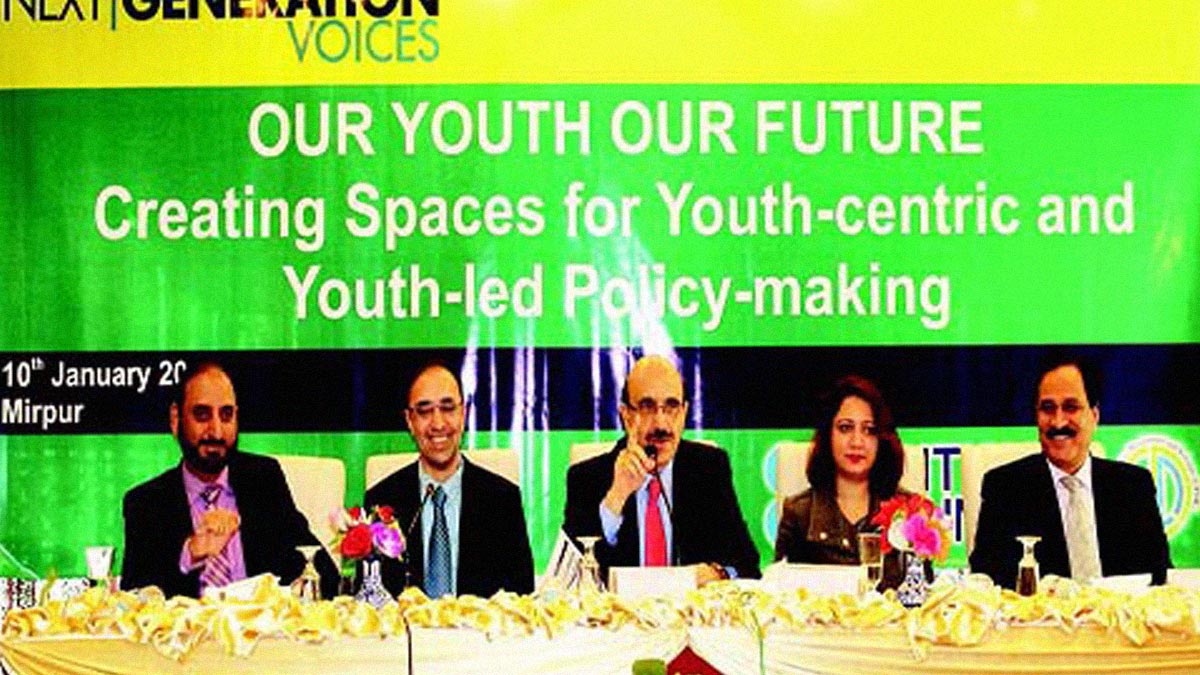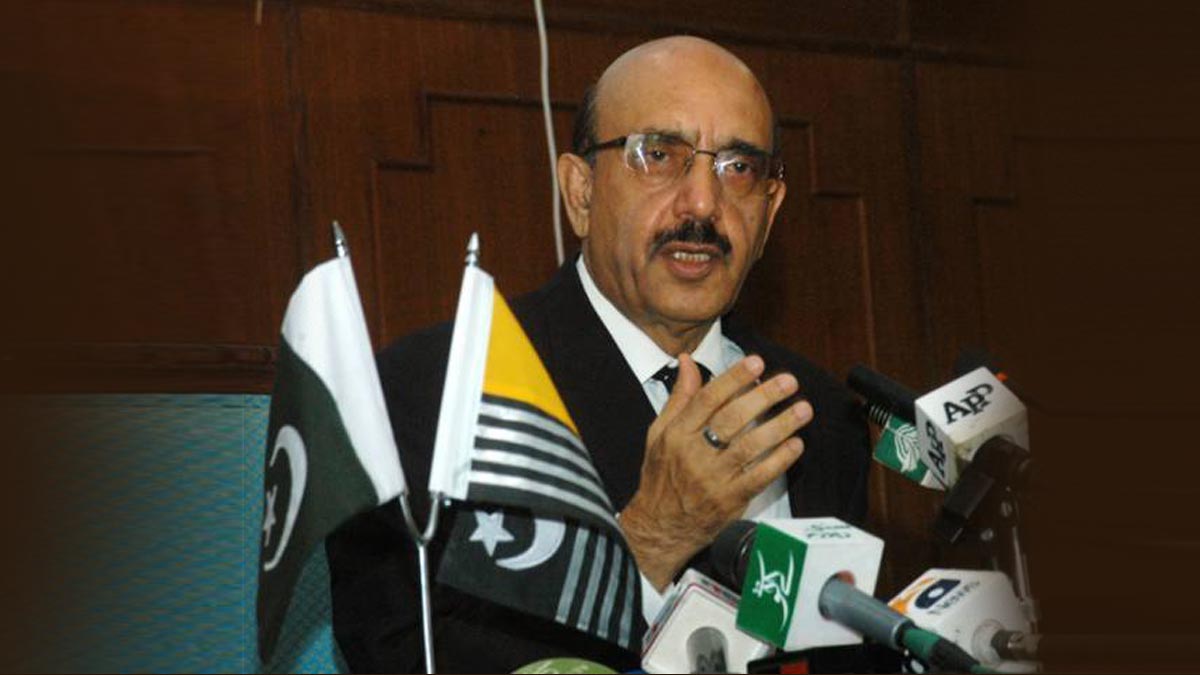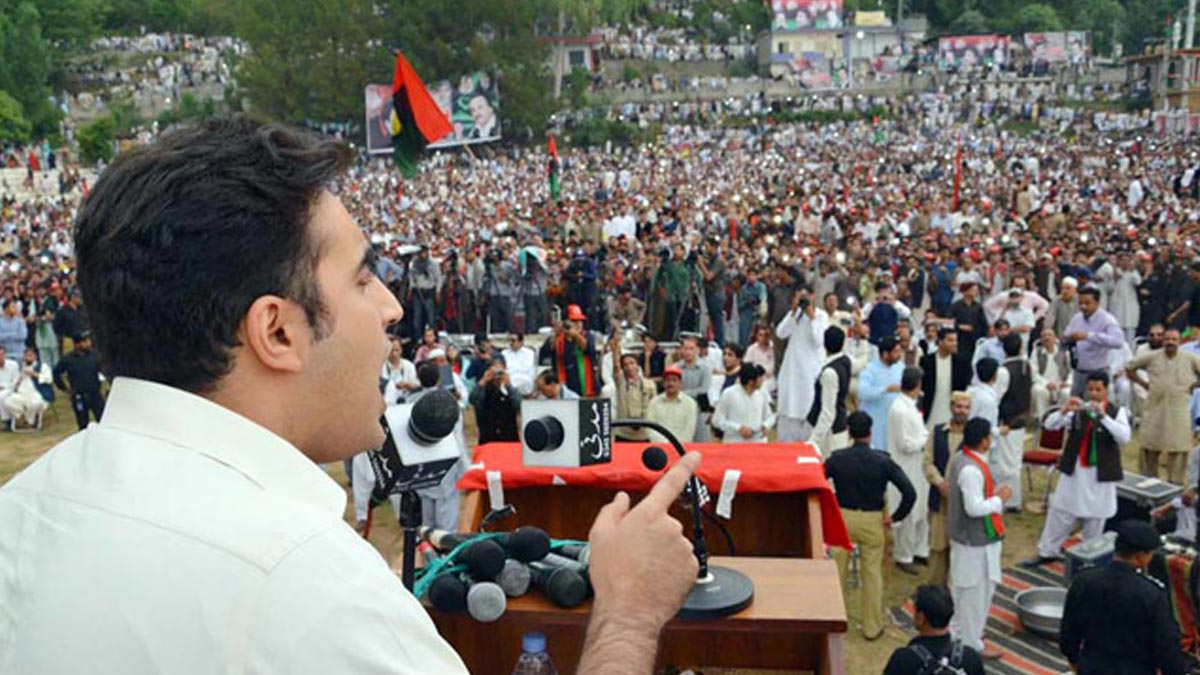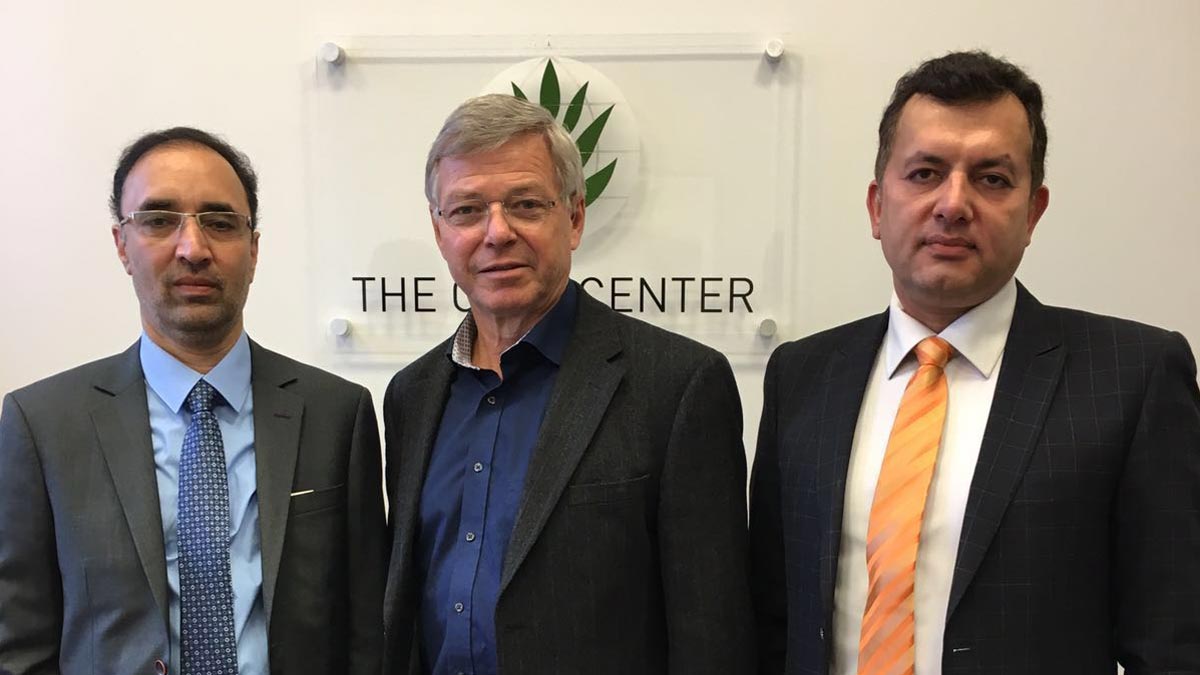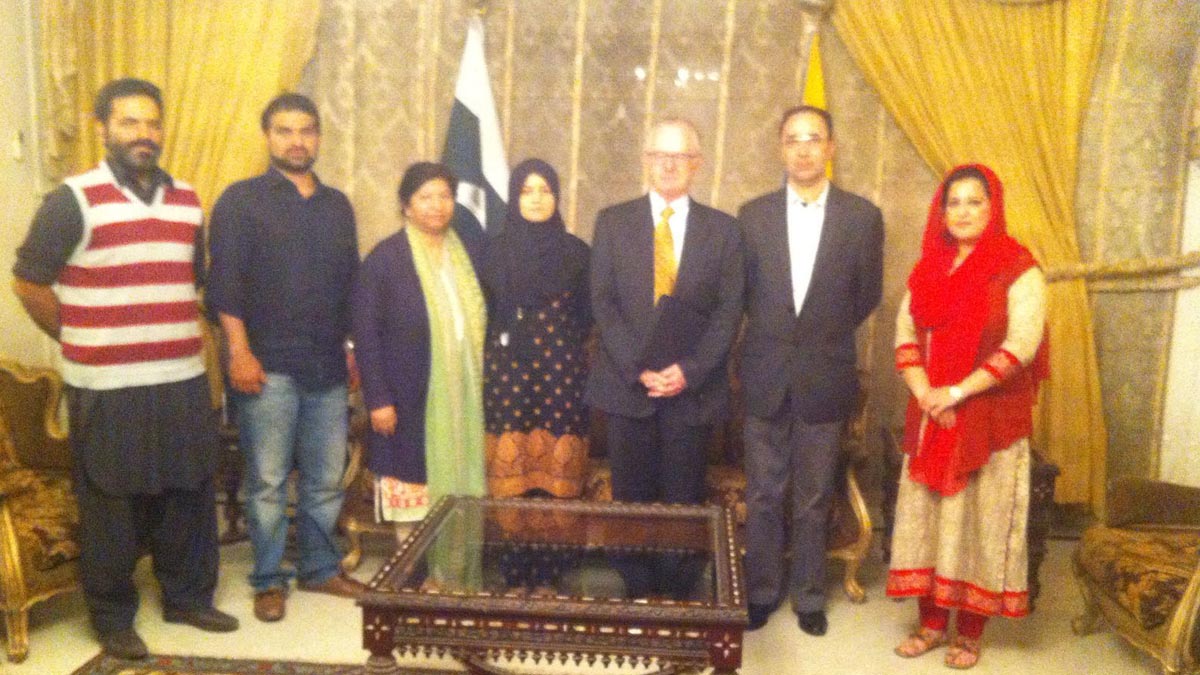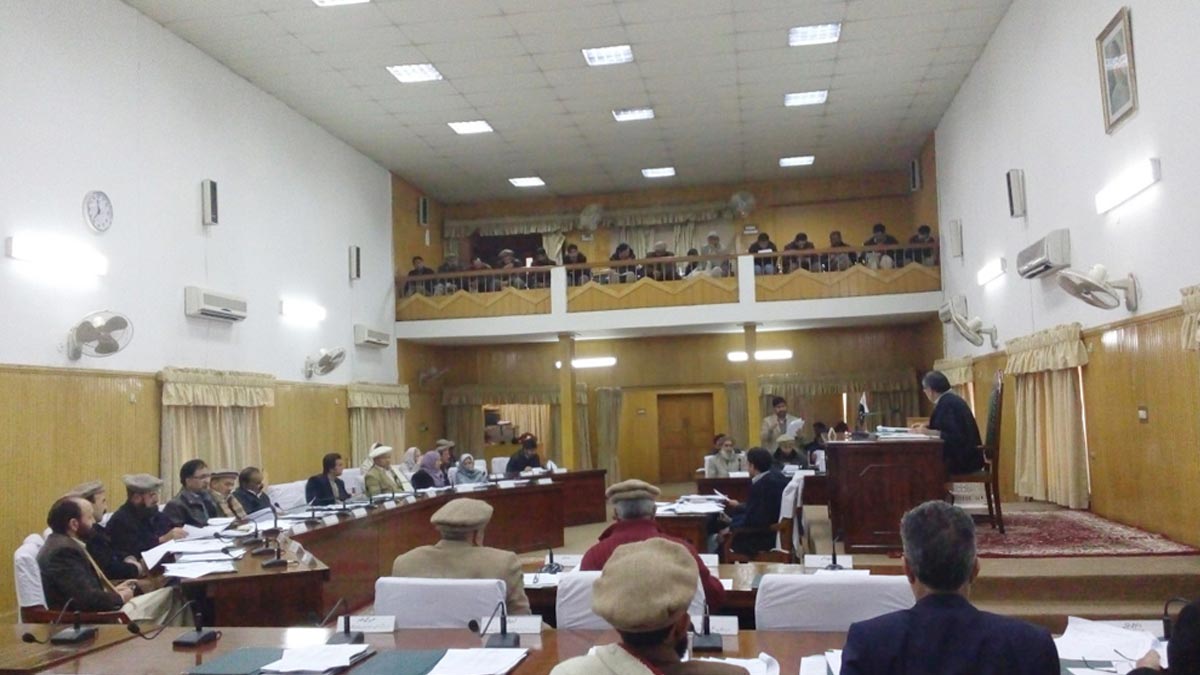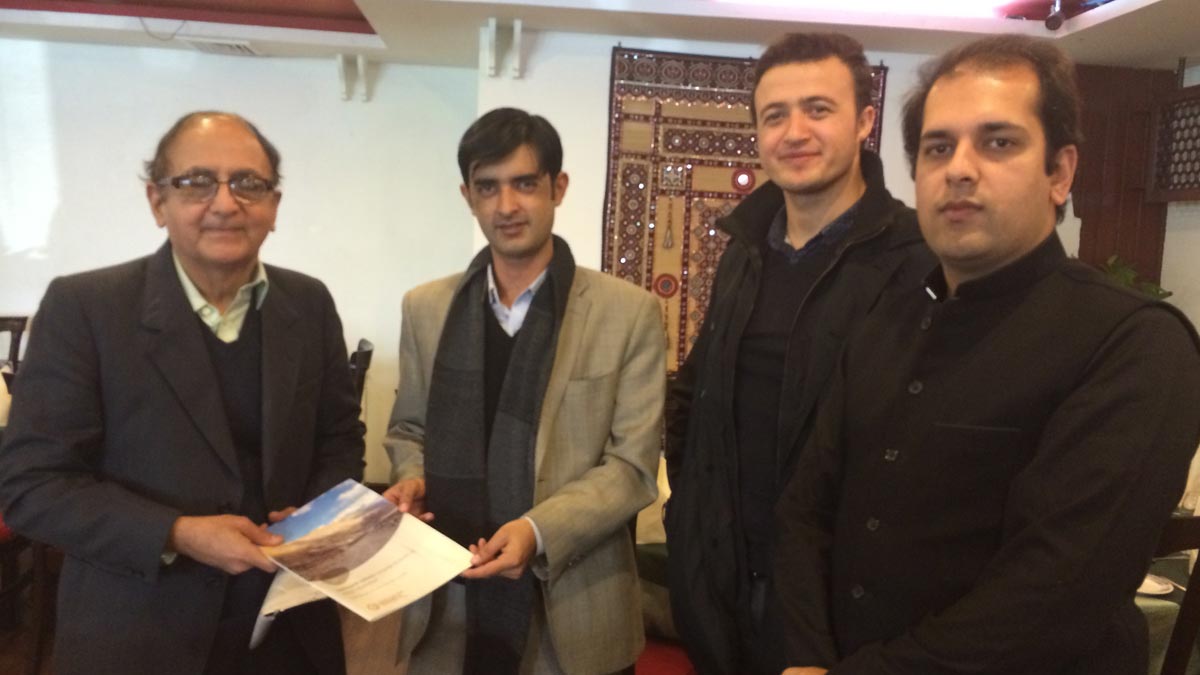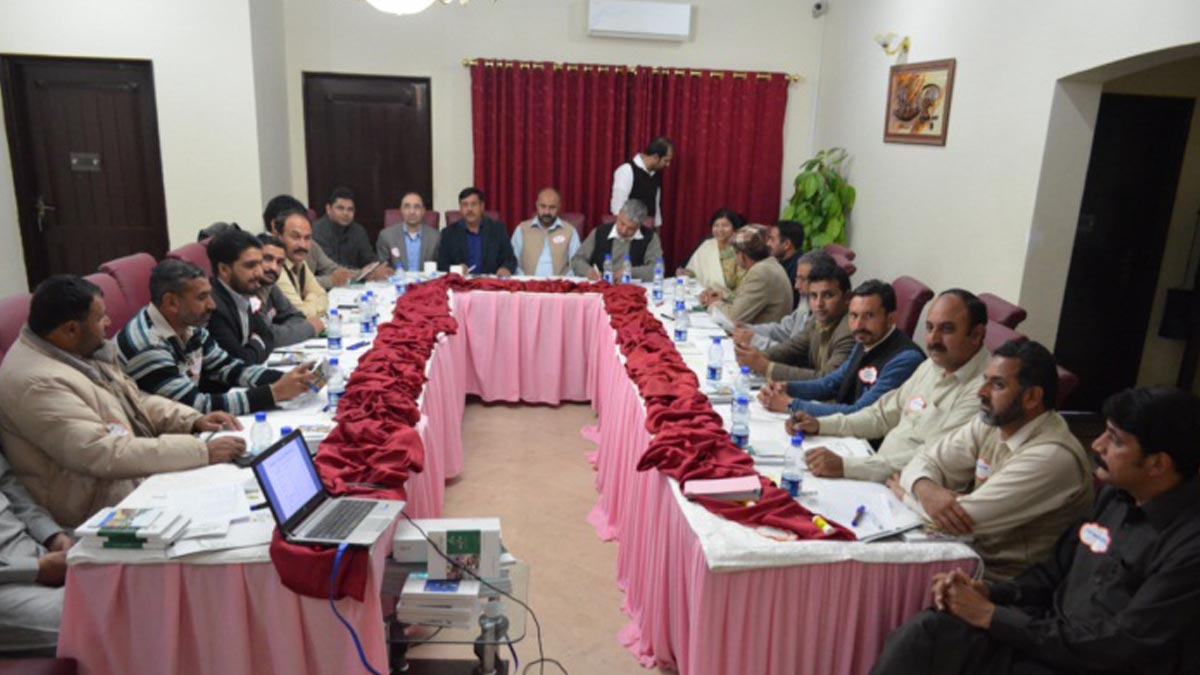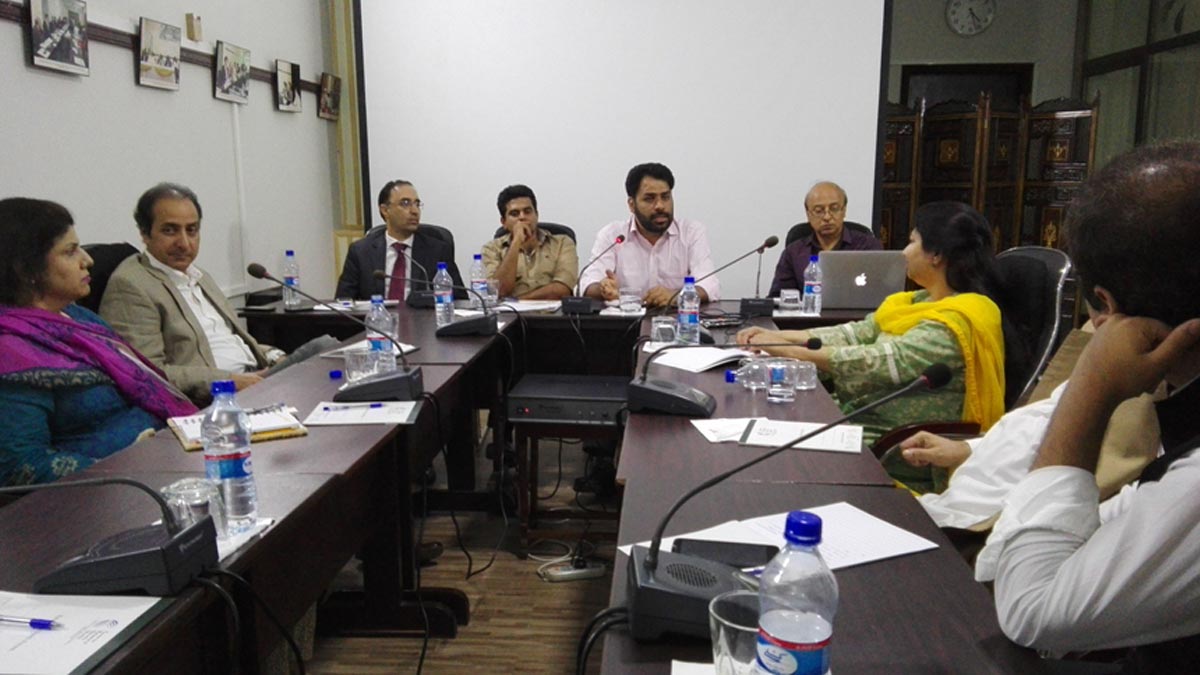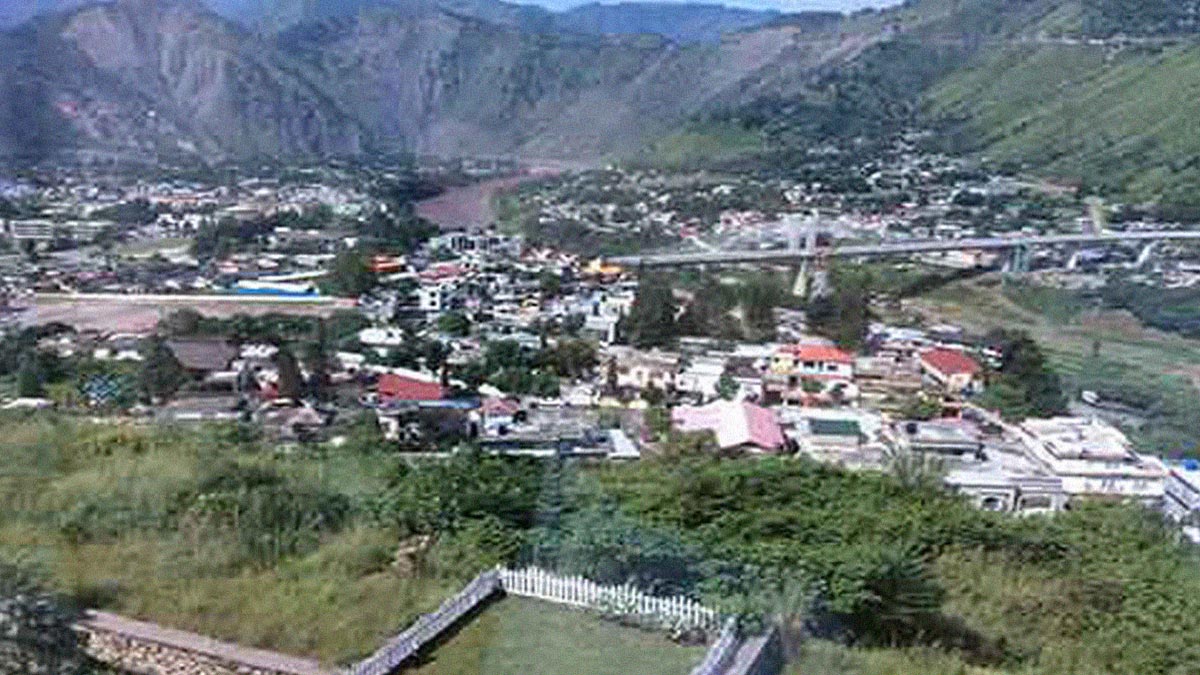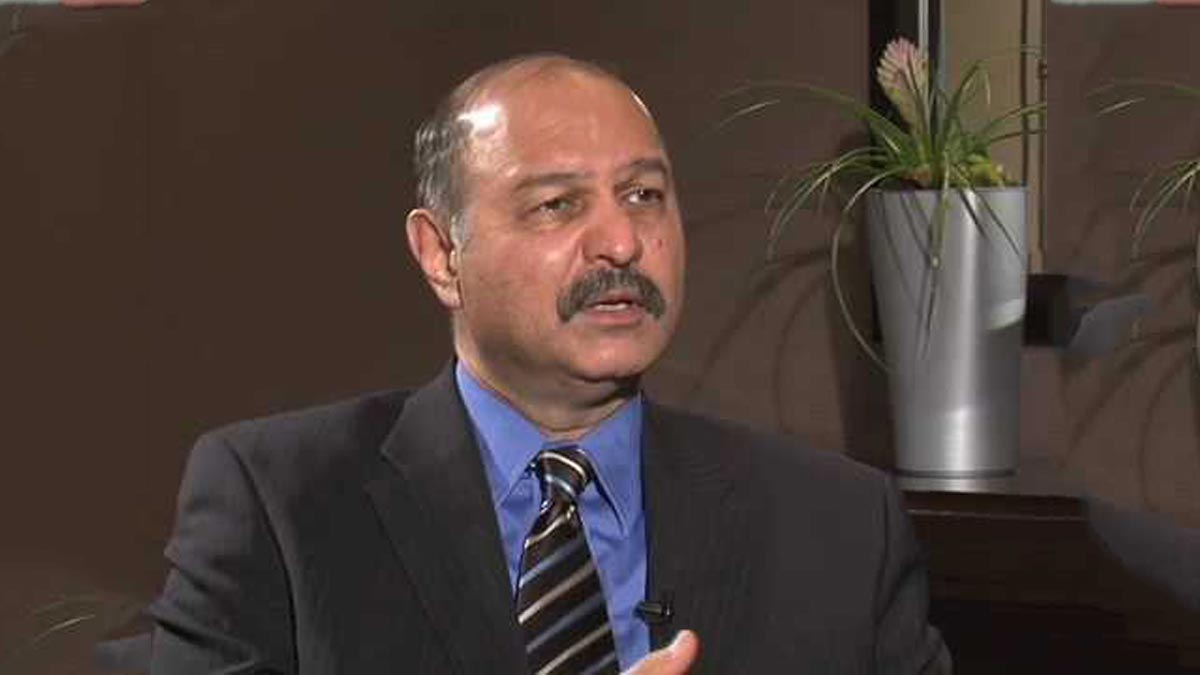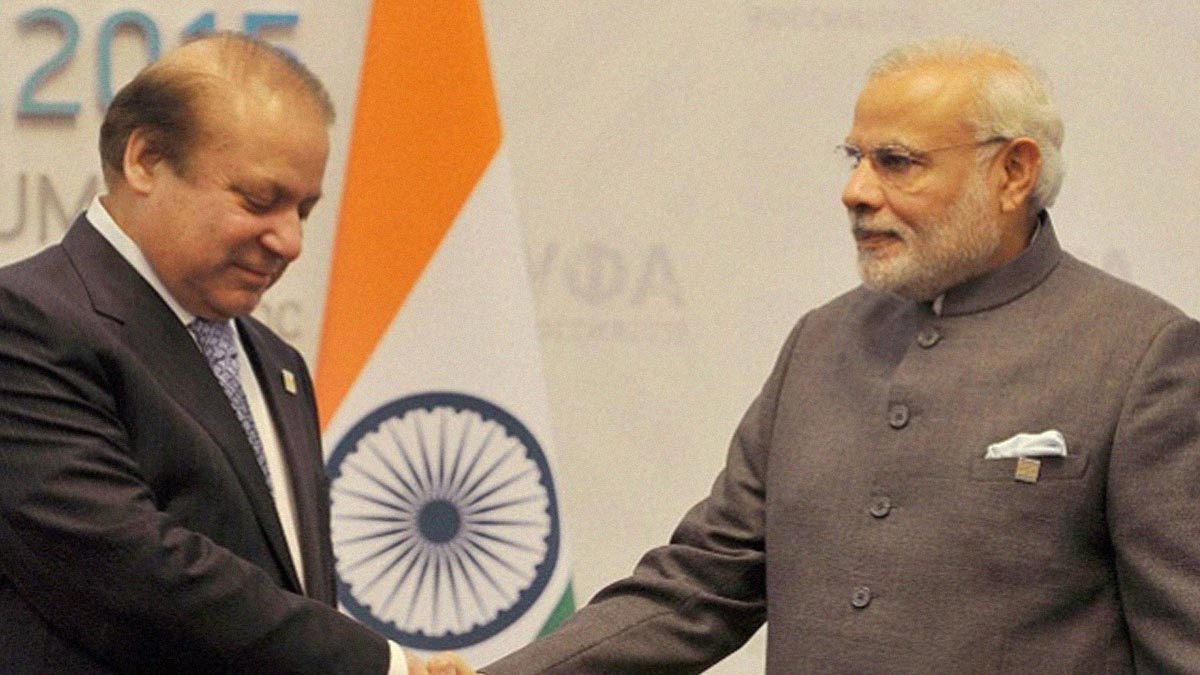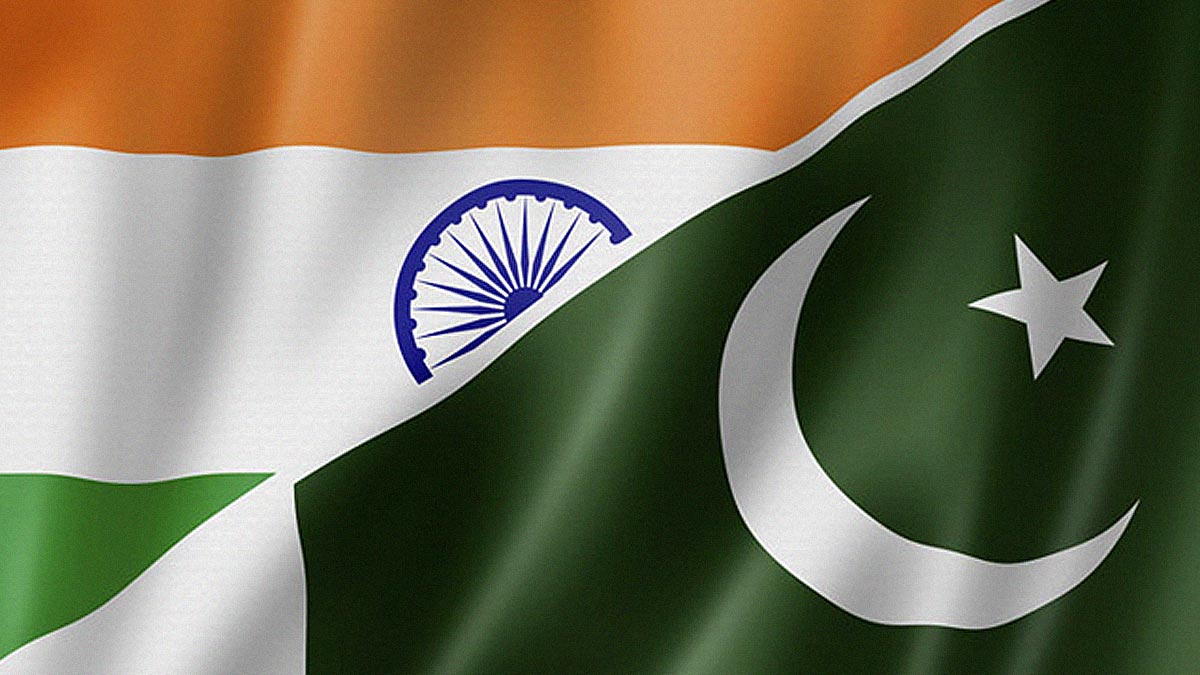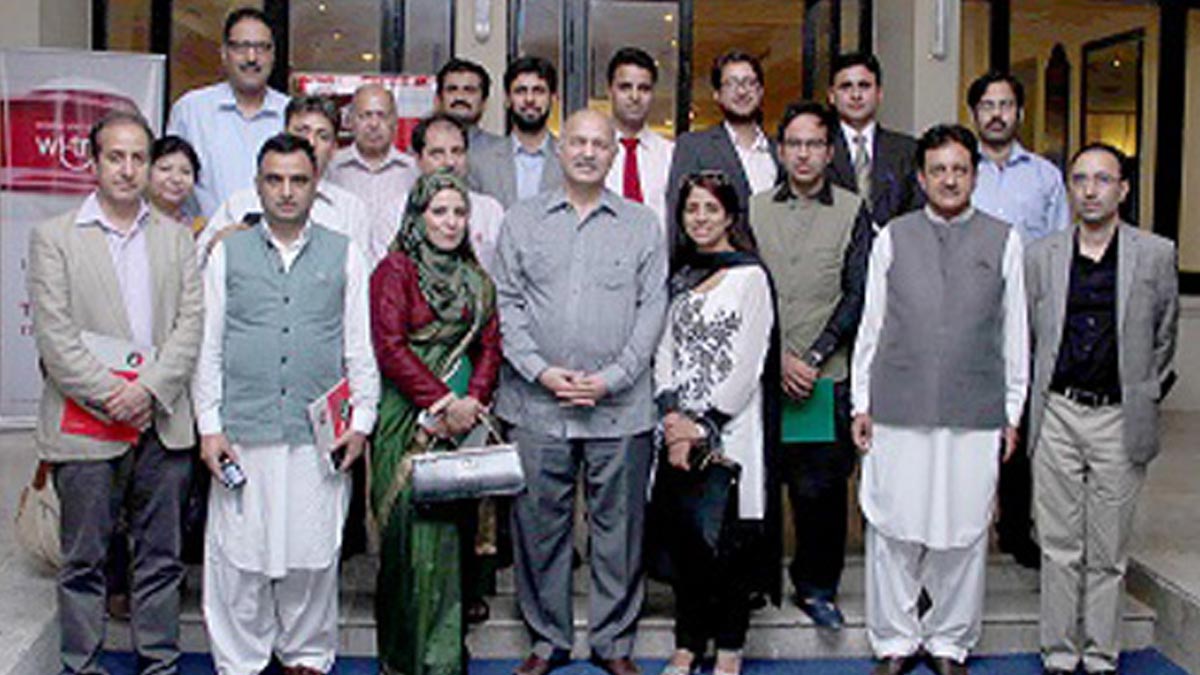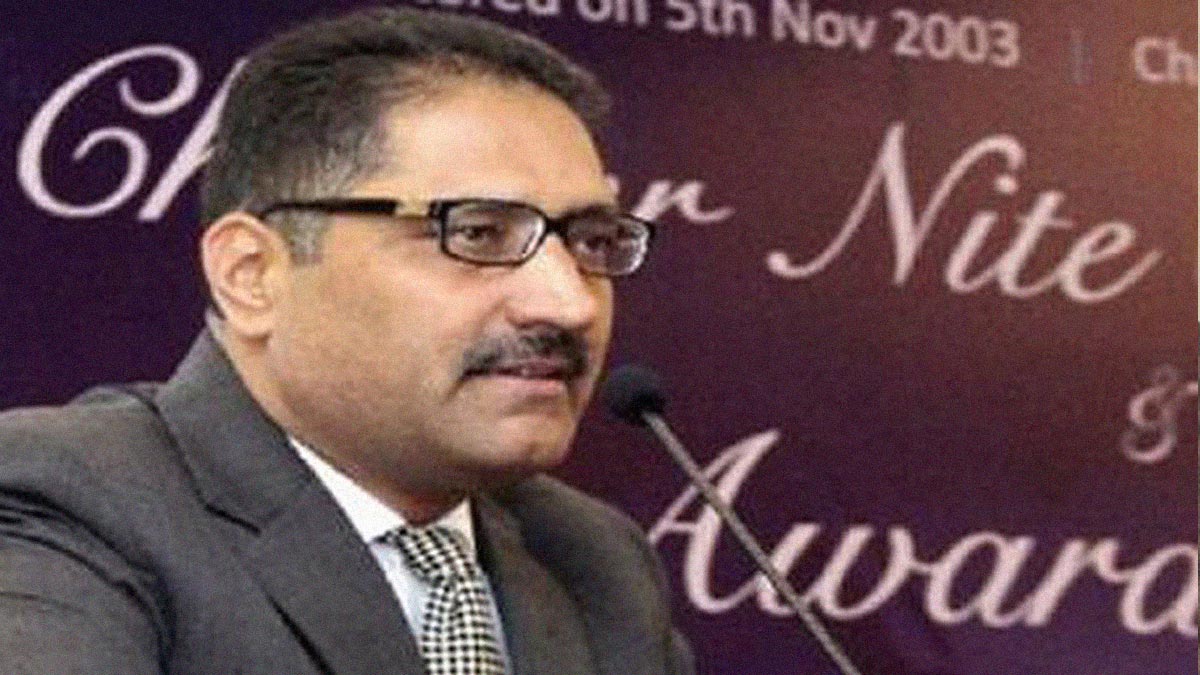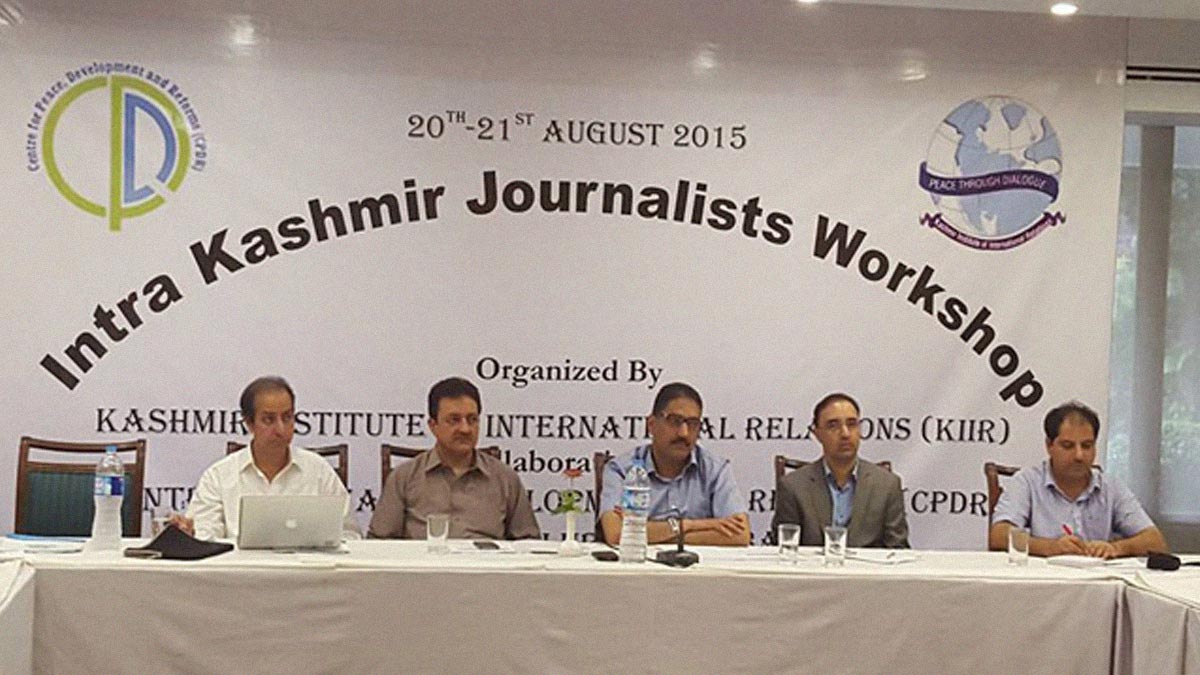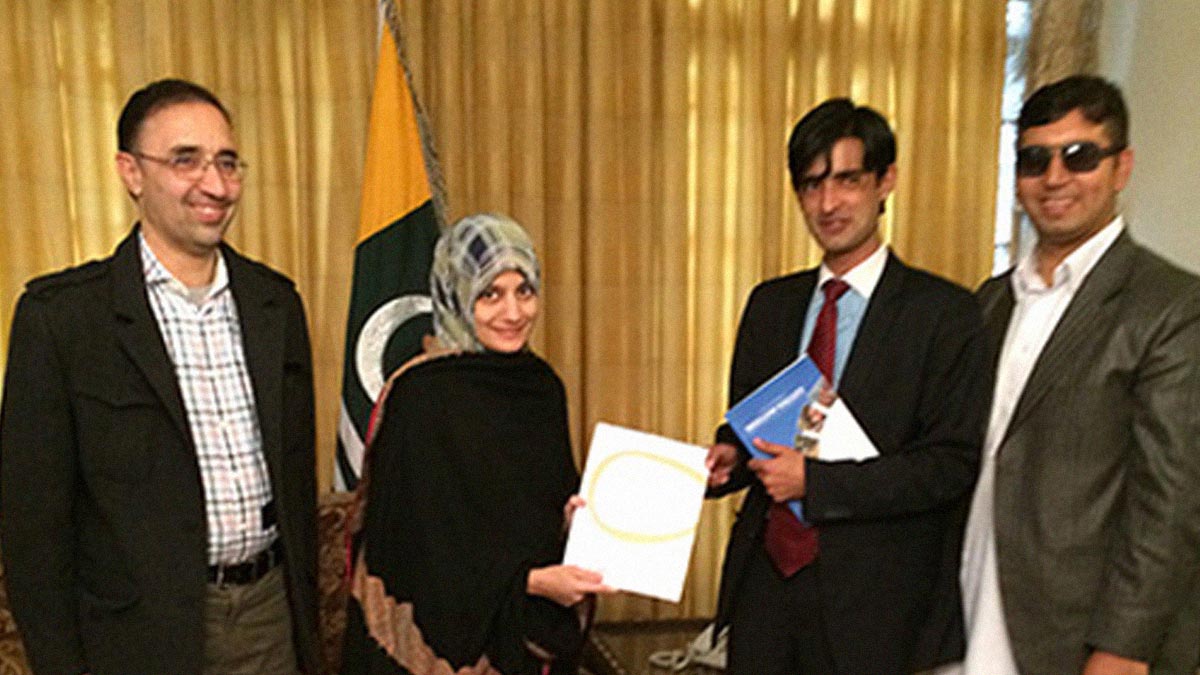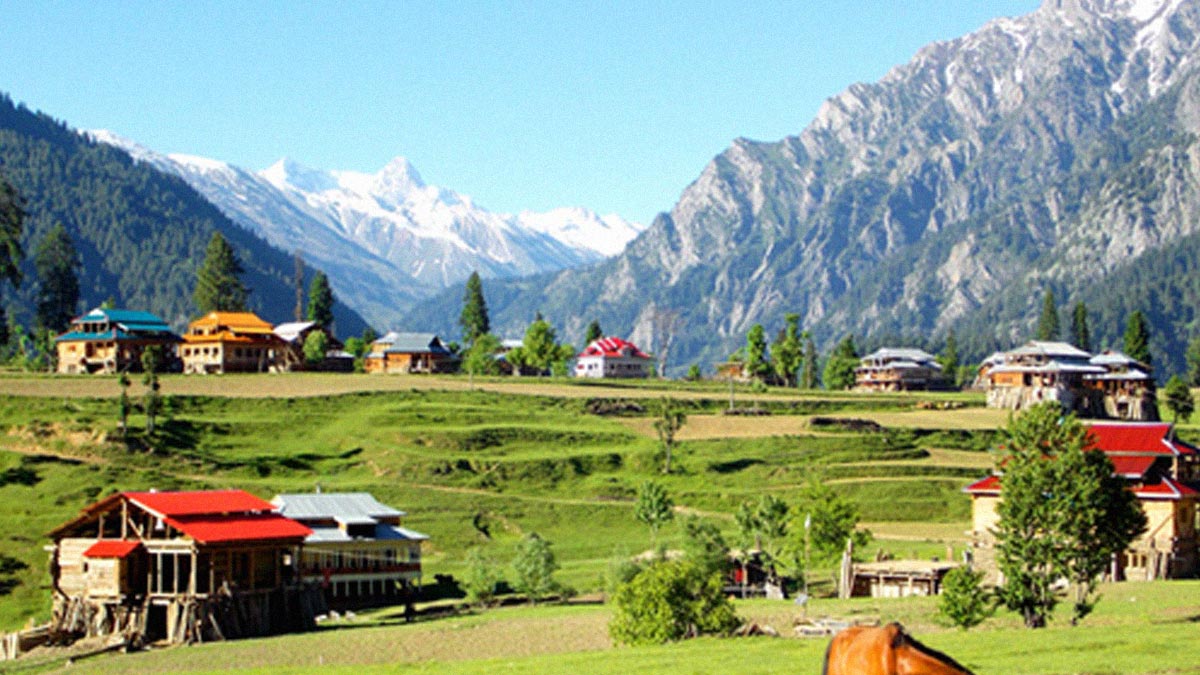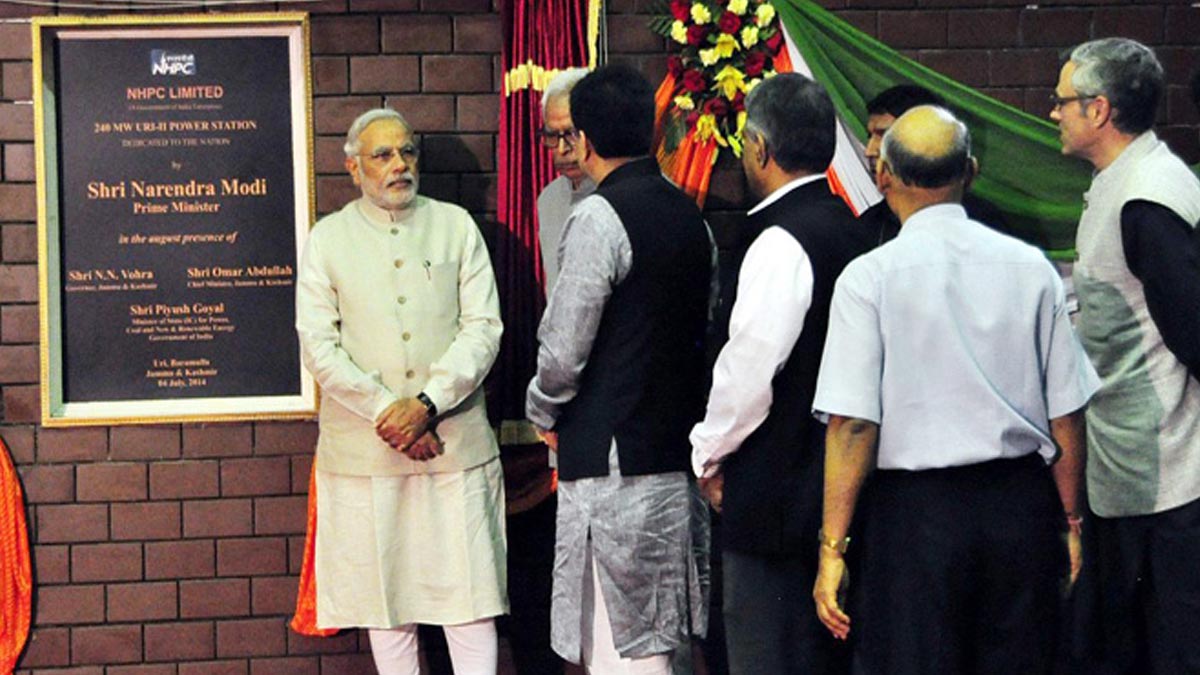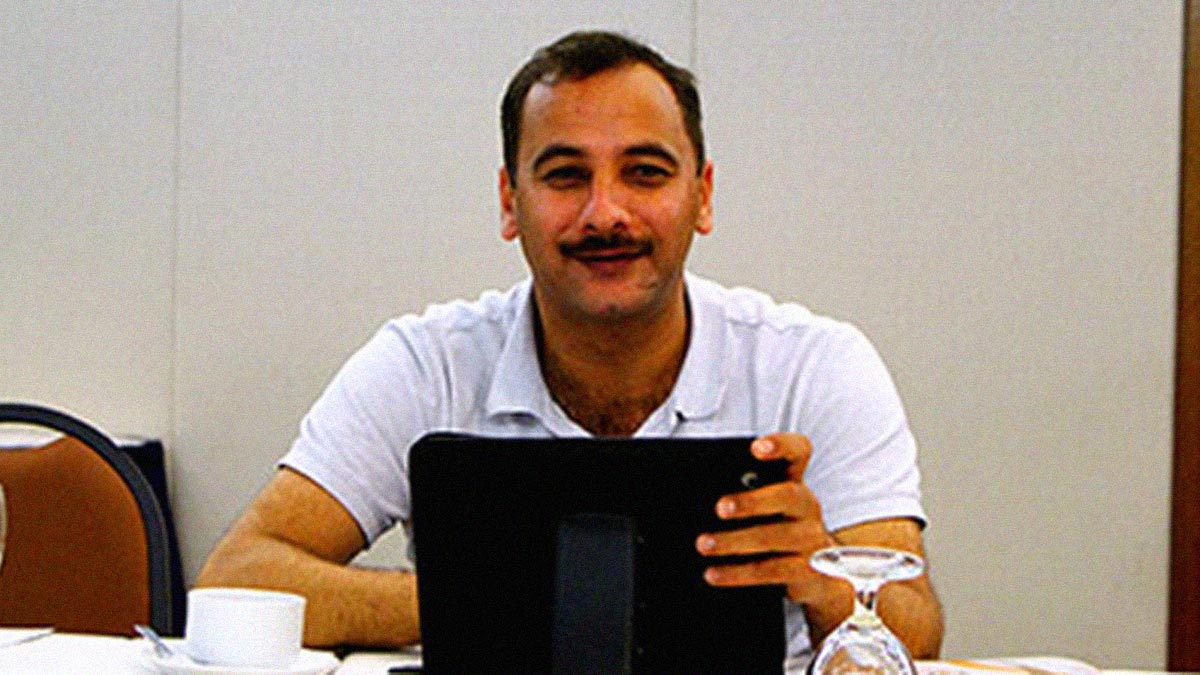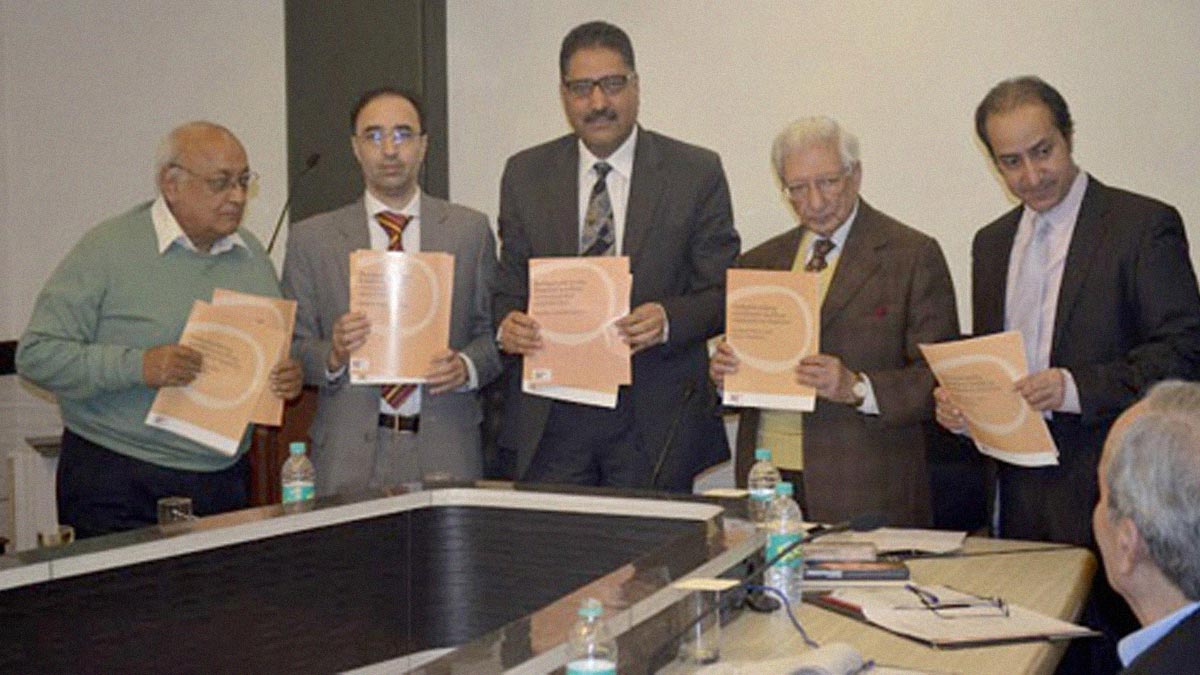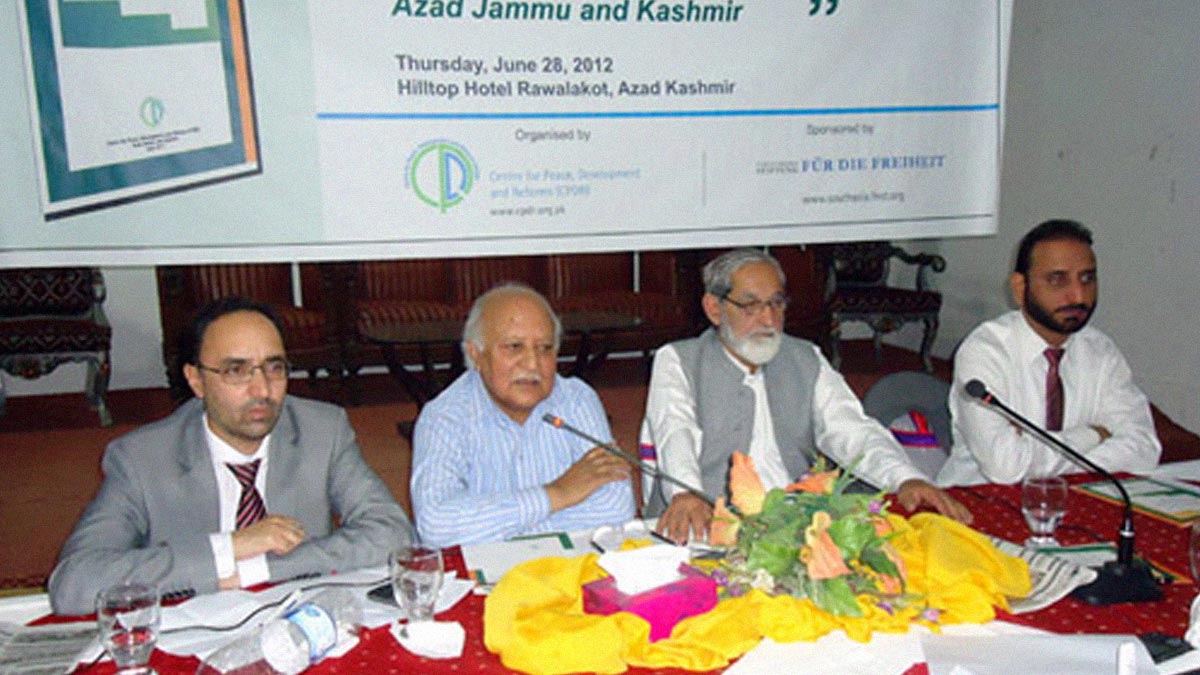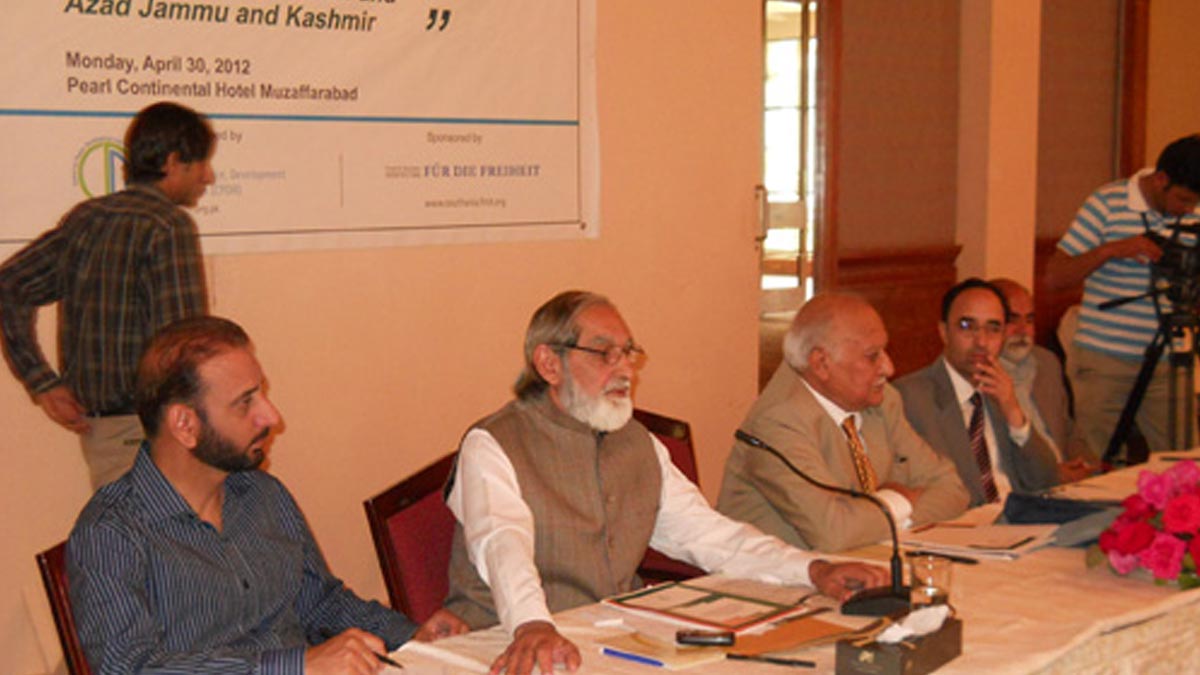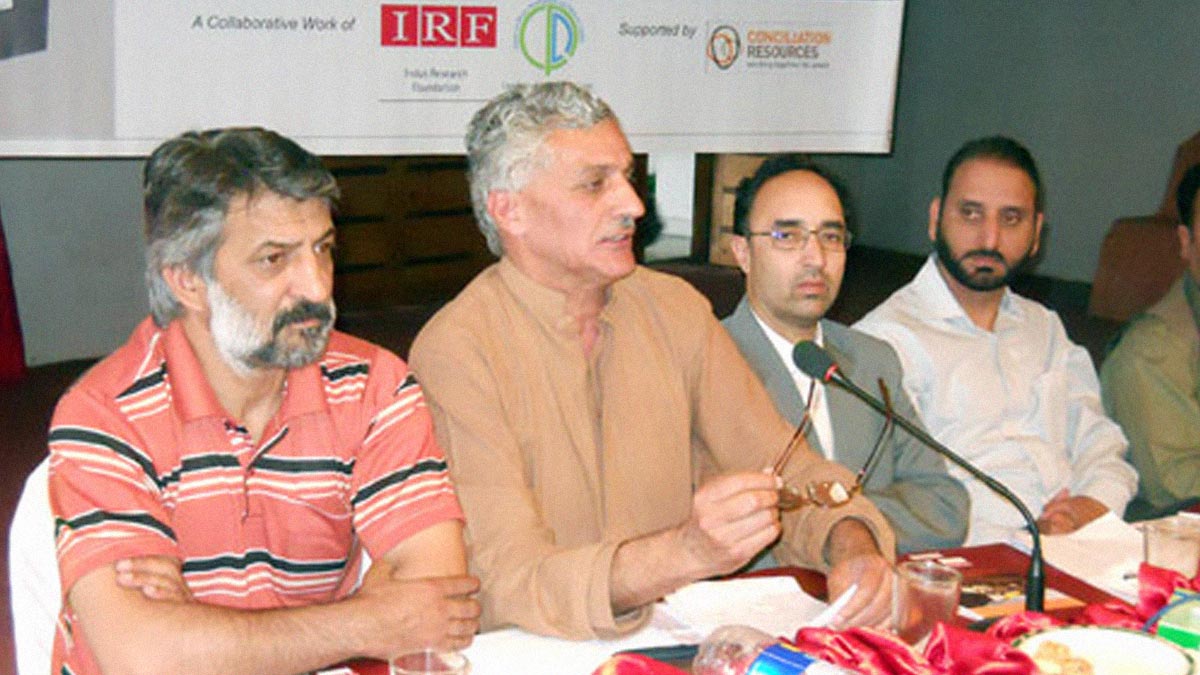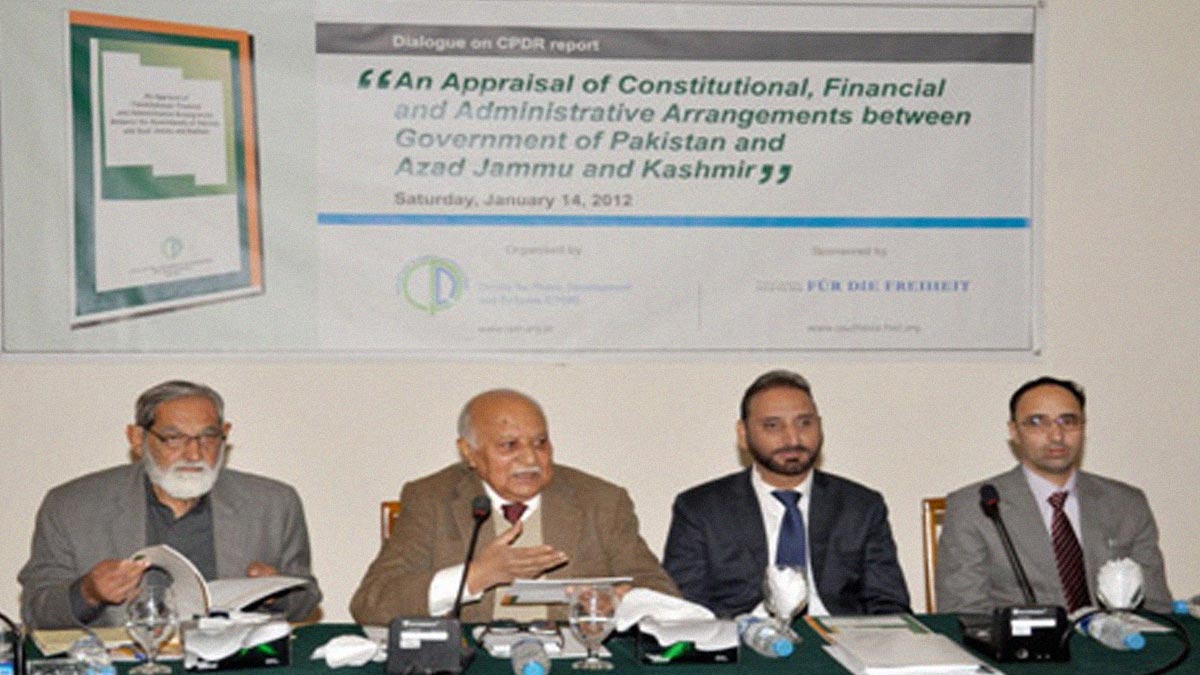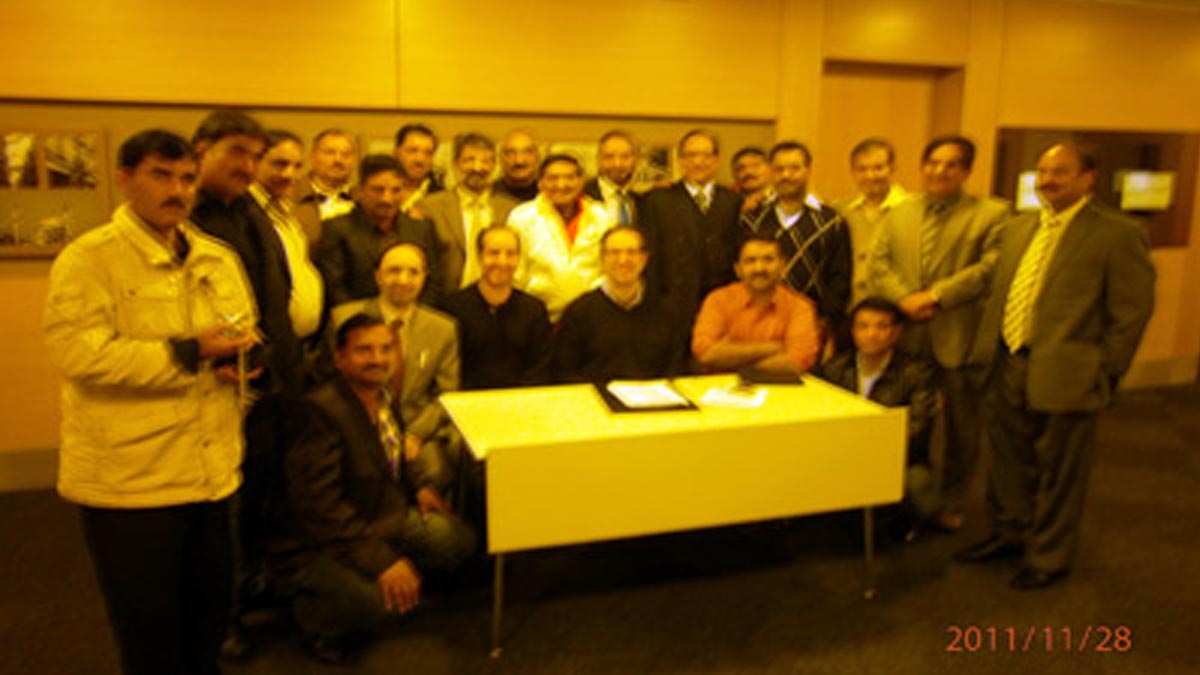- July 11, 2011
- @admin
- 0
- 11th July 2011
- Islamabad
Demands probe, revocation of AFSPA G U KYANI ISLAMABAD
The Civil Society in Pakistan has condemned the recent civilian killings in the Kashmir and impressed upon the Government of India to fulfill its obligation to protect the right to life in accordance with international law.
The Civil Society unanimously demanded revocation of the Armed Forces Special Powers Act (AFSA) and conduct independent inquiry into use of excessive forces against the civilians including many children in Kashmir.
The participants were speaking at a seminar ‘Chinars Old Leaves are Falling- Dialogue on Kashmir’ jointly organized by the Centre for Peace, Development and Reforms (CPDR) Islamabad and the Friedrich-Naumann-Stiftung fur die Freiheit (FNF), Germany supported by the European Union on Sunday.
The participants demanded resumption of the India-Pakistan dialogue and reassured their full support to the upcoming India Pakistan dialogue. They unanimously agreed that sustained and long term engagement along with people to people interaction between the masses such as civil society, media and law makers of two countries was a primary need essential to solve all outstanding and long standing disputes in the region through peaceful means.
They urged upon India and Pakistan to take effective and assertive measures to make the renewed process meaningful, productive so that the people of Jammu and Kashmir across LoC could own and wholeheartedly support the peace process in the long run.
The participants hoped that both governments would encourage frequent civil society interaction leading to political dialogue through Srinagar-Muzaffarabad and Poonch-Rawalakot route.
They impressed upon the political leadership of Jammu and Kashmir to develop consensus among them and narrow down their demands. “They should come up with clear vision. Dialogue on inter-regional basis followed by intra-Jammu and Kashmir should be facilitated by both Delhi and Islamabad.”
The participants of Gilgit-Baltistan favored the democratic process in GB and further expressed that trust deficit and communication gap between people of Gilgit-Baltistan and Pak do exist which should be bridged through frequent civil society interaction. They urged the PaK government to reserve quota in jobs and educational intuitions for the inhabitants of Gilgit-Baltistan to intact the centuries old bound between the two regions. It was suggested that after the 18th constitutional amendment in Pakistan devolution of powers should be swiftly extended to the PaK.
The participants included Lateef Akbar, Zahid Amin,Zulfikar Abasi, Enayat Ullah Shamali, Mrs Gulzar Fatima, Amb(r) Aarif Kamal, Dr Waleed Rasool, Ershad Mehmood, Dr Shaheena and others. The diverse group of participants including civil society activists, politicians, legislators, journalists, former government officials from Pakistan administered Kashmir, Gilgit-Baltistan and refugees settled in Pakistan.
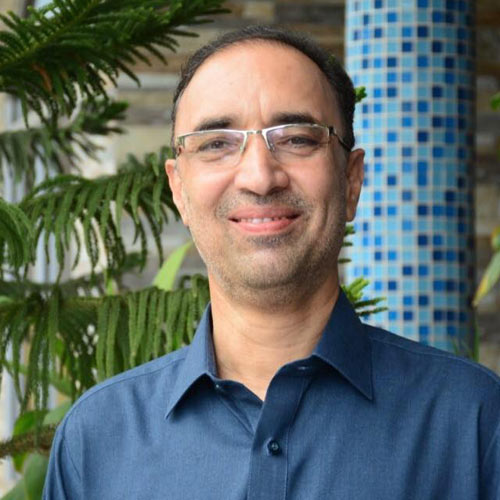
Ershad Mahmud
The writer is a freelance contributor. He can be reached at:


